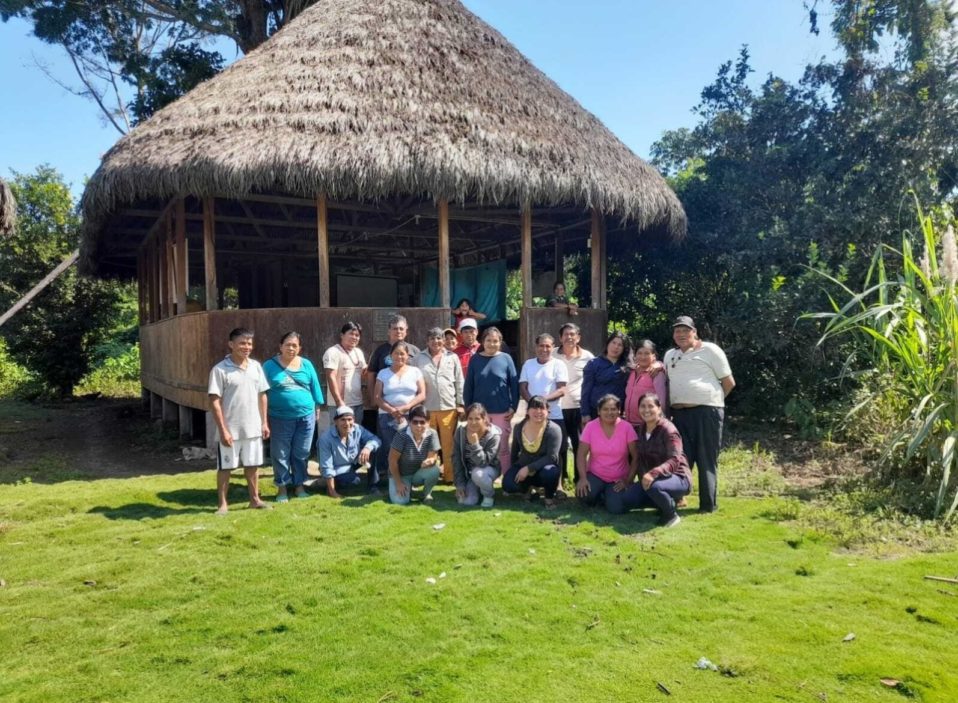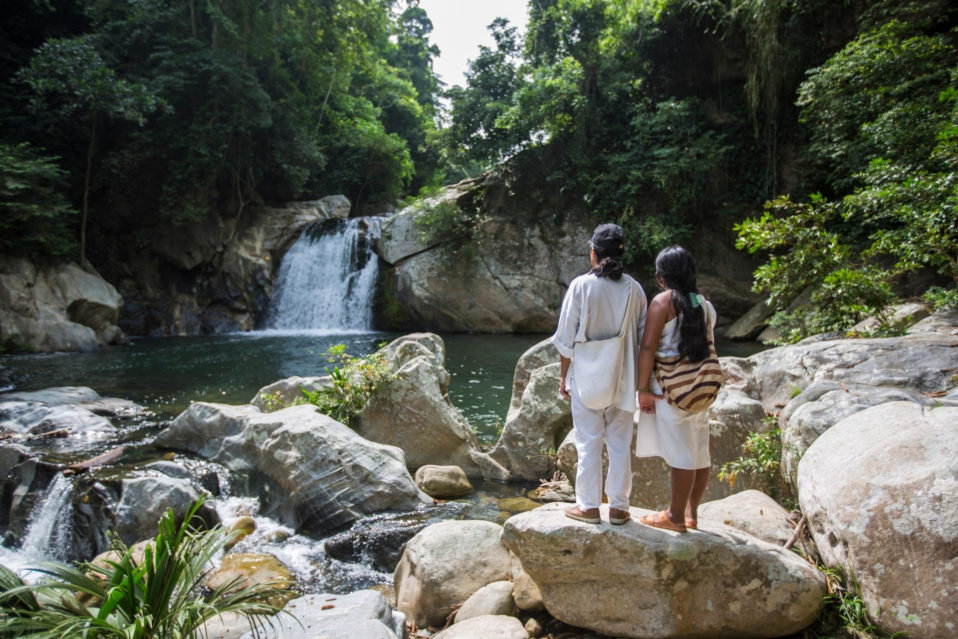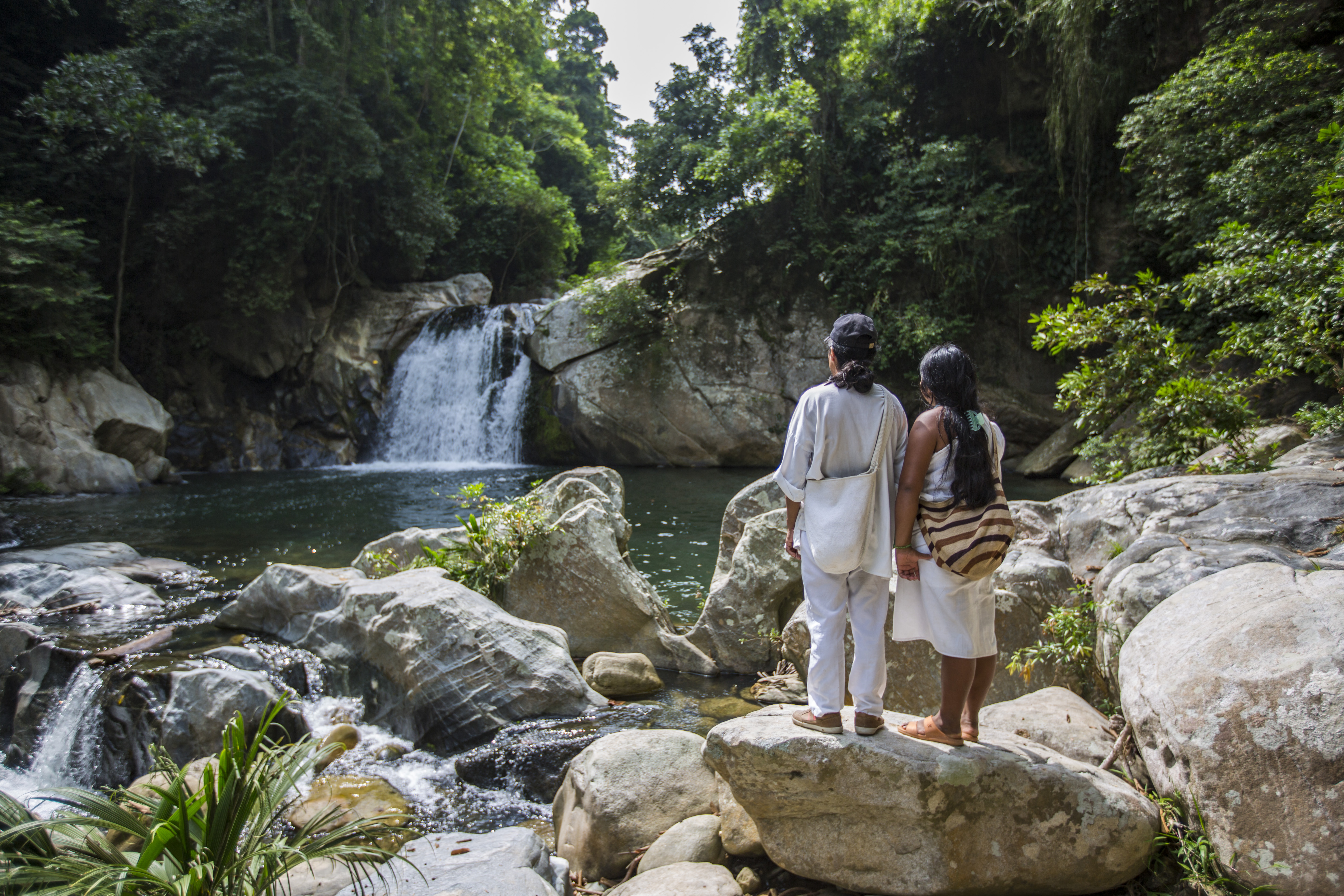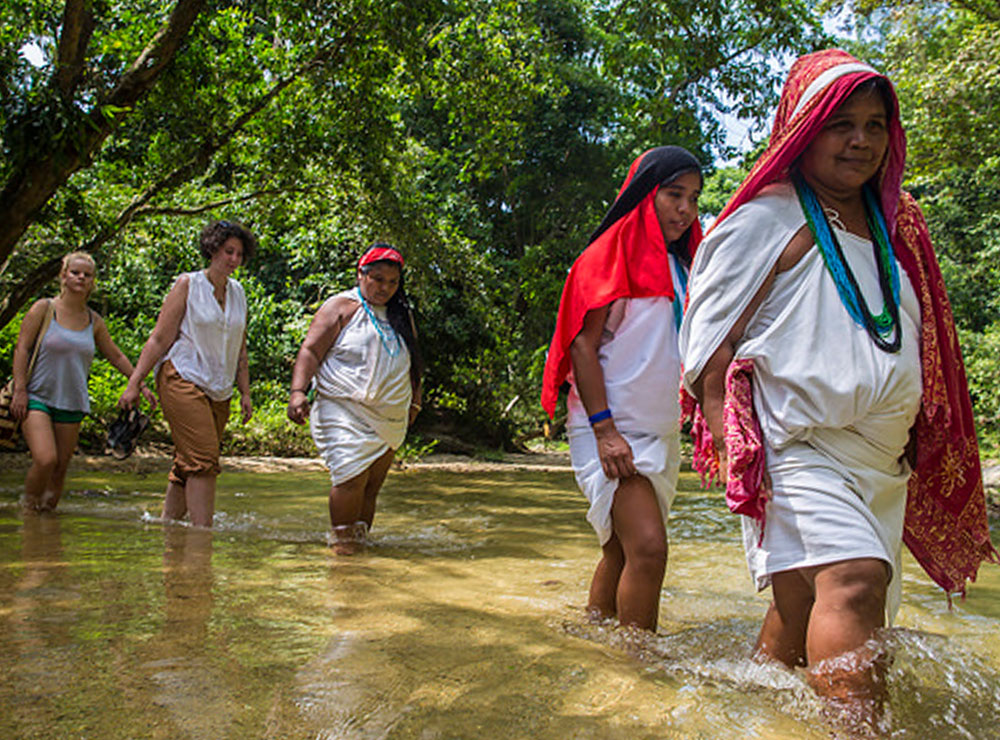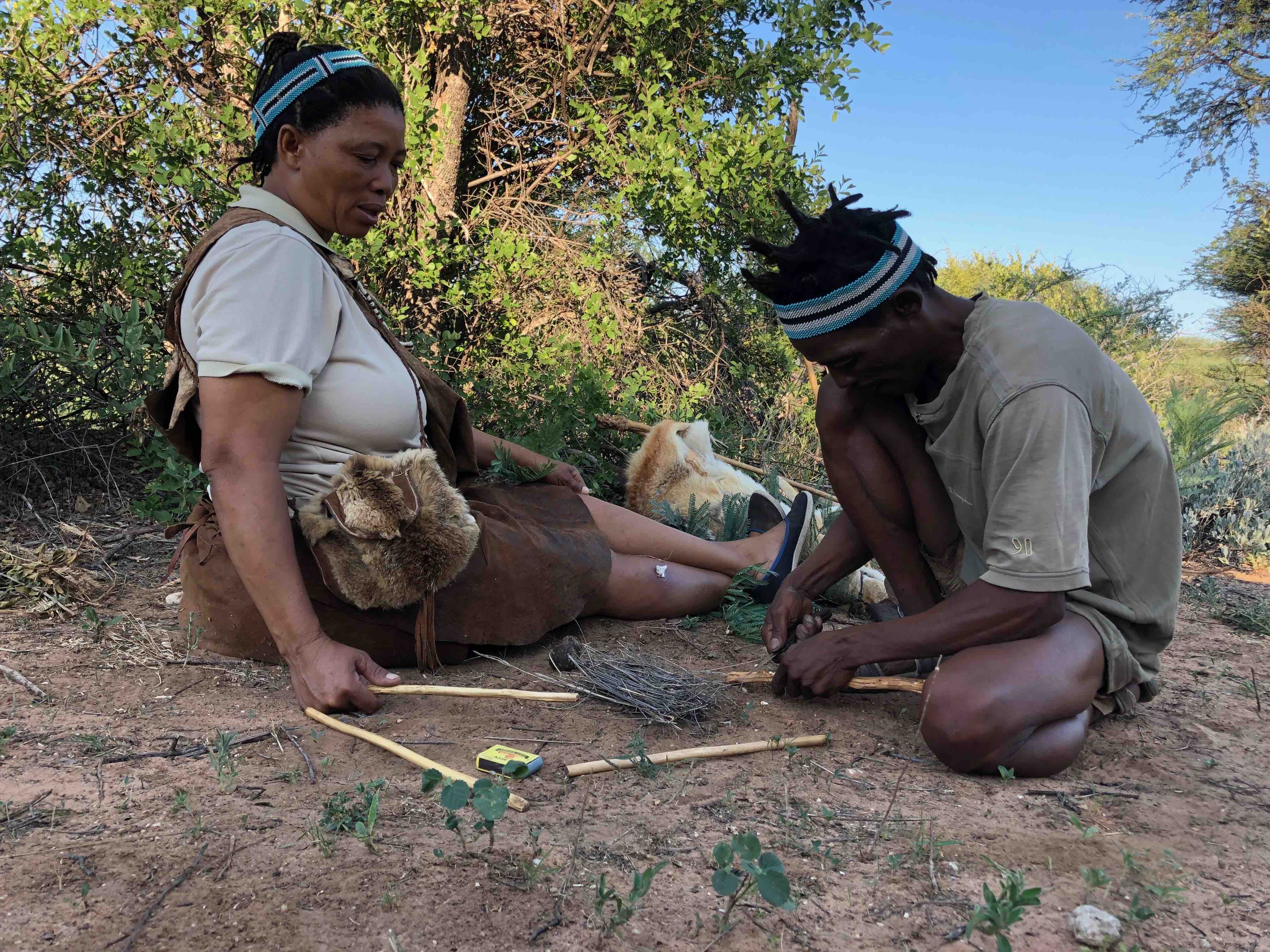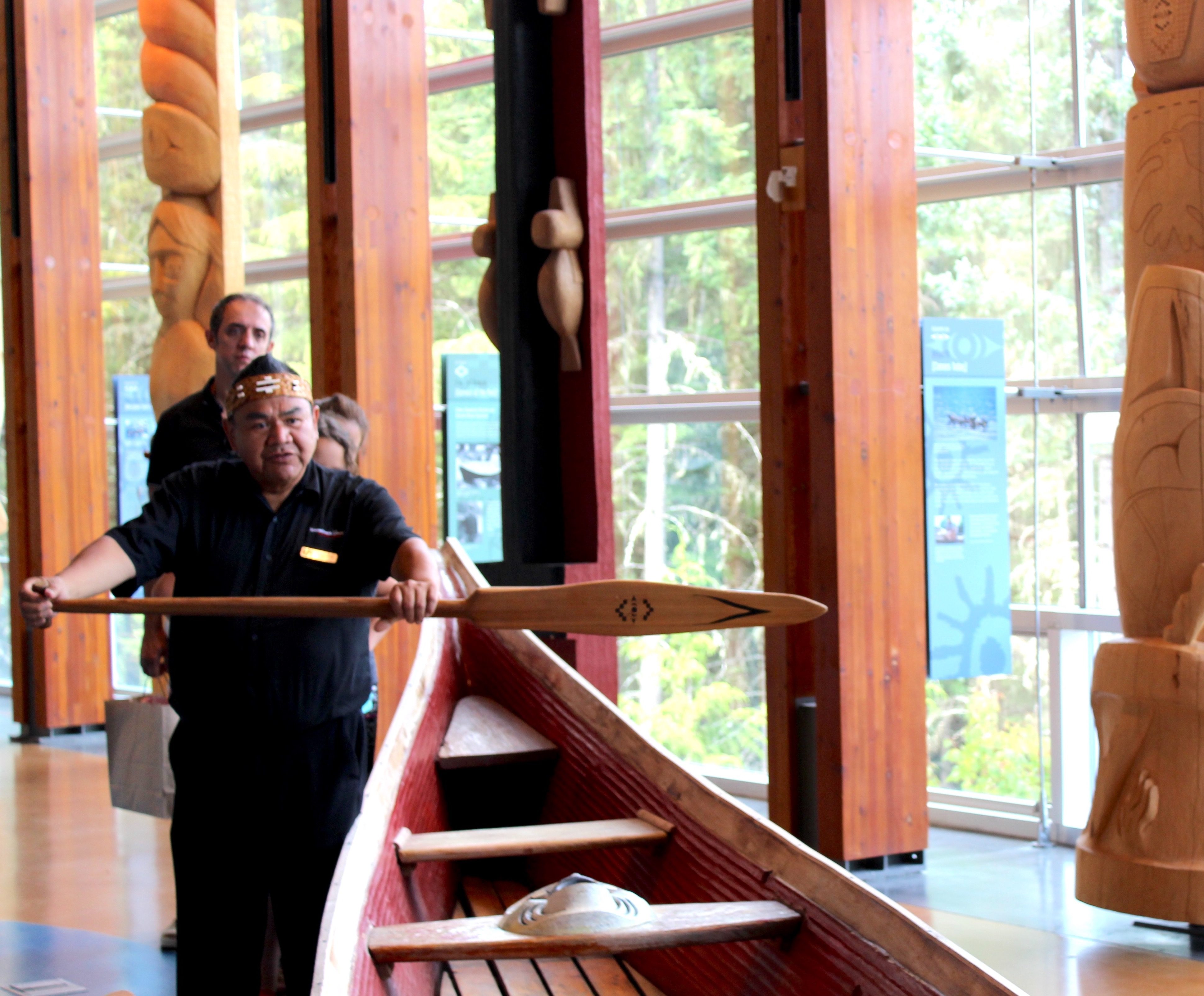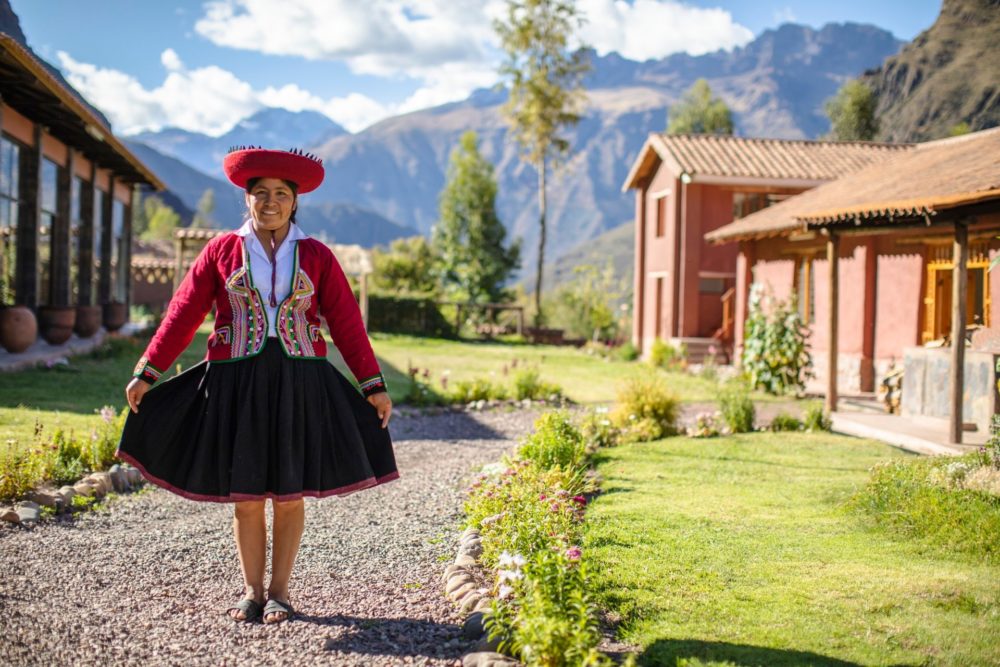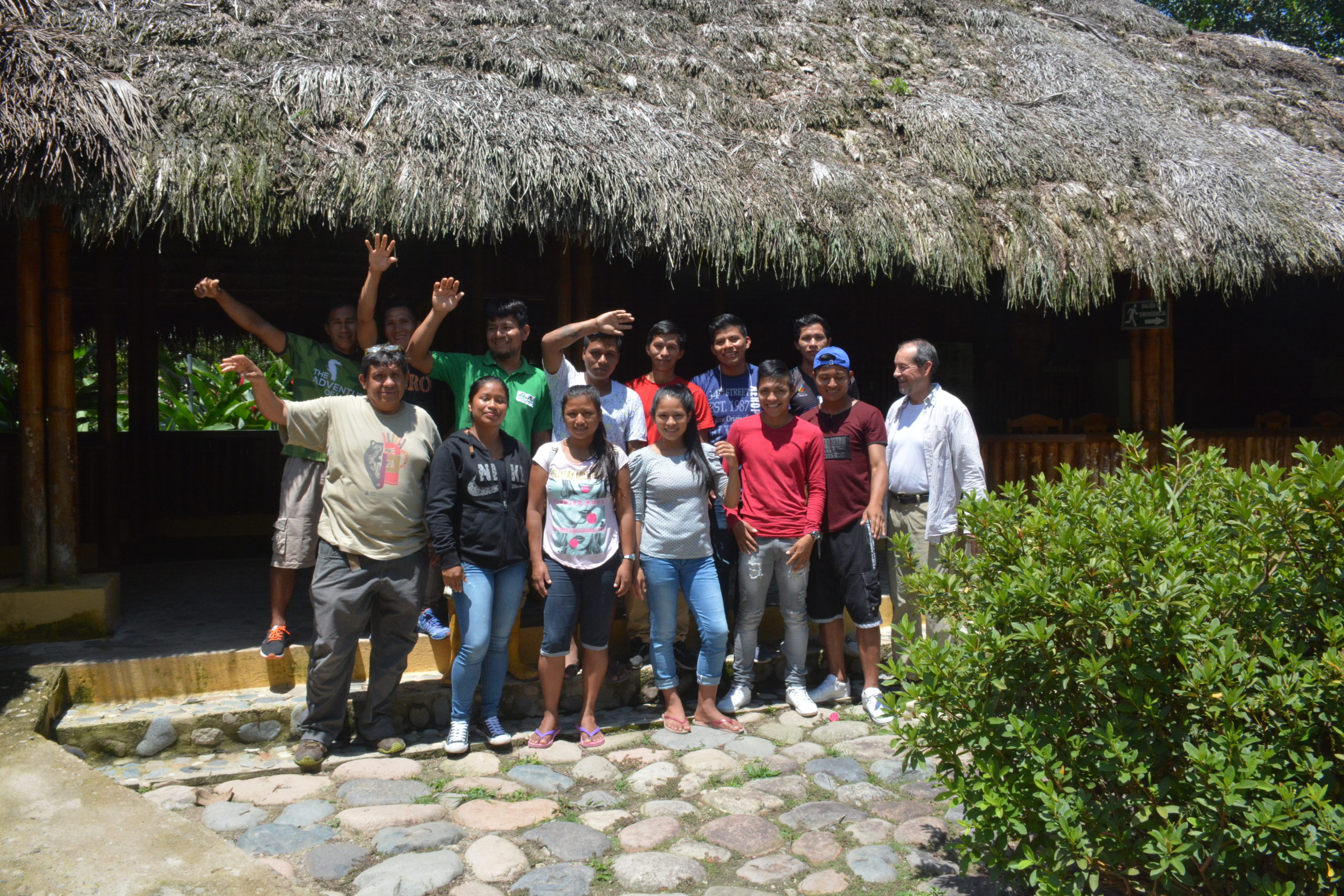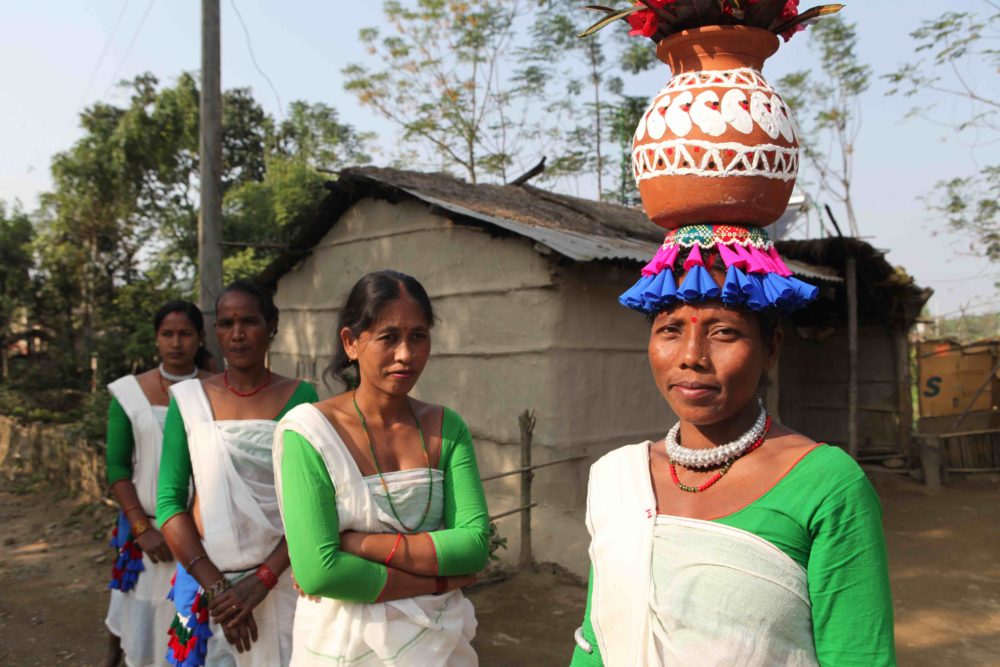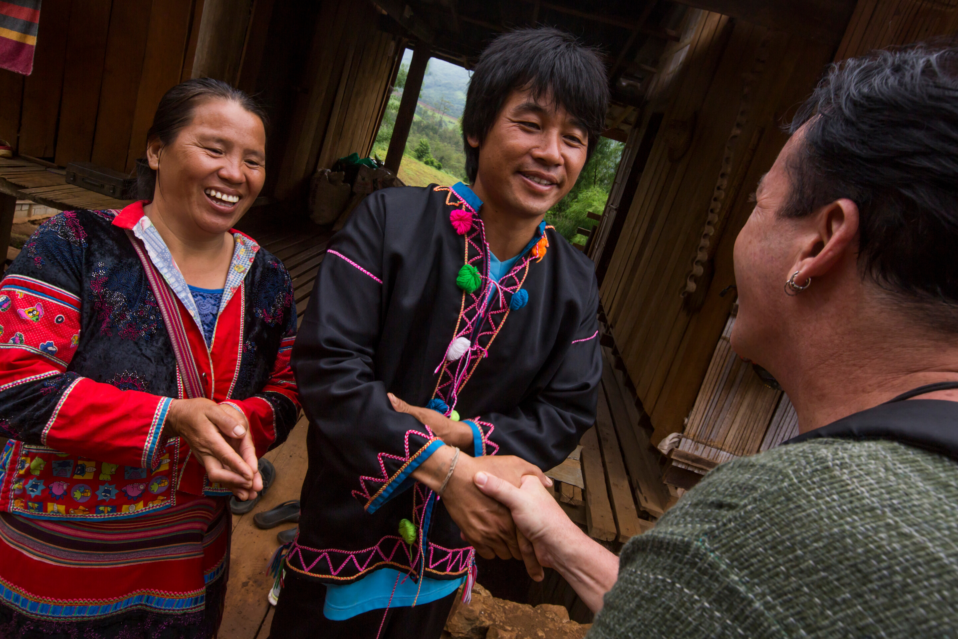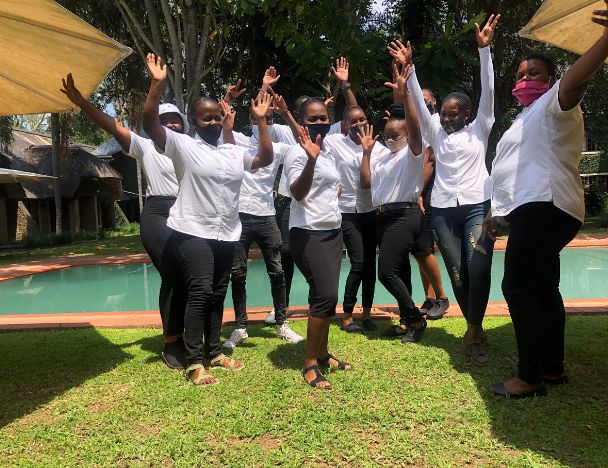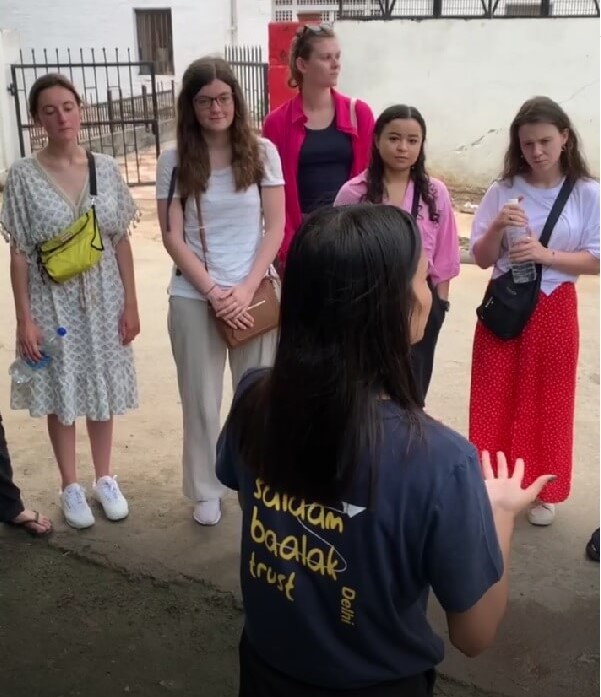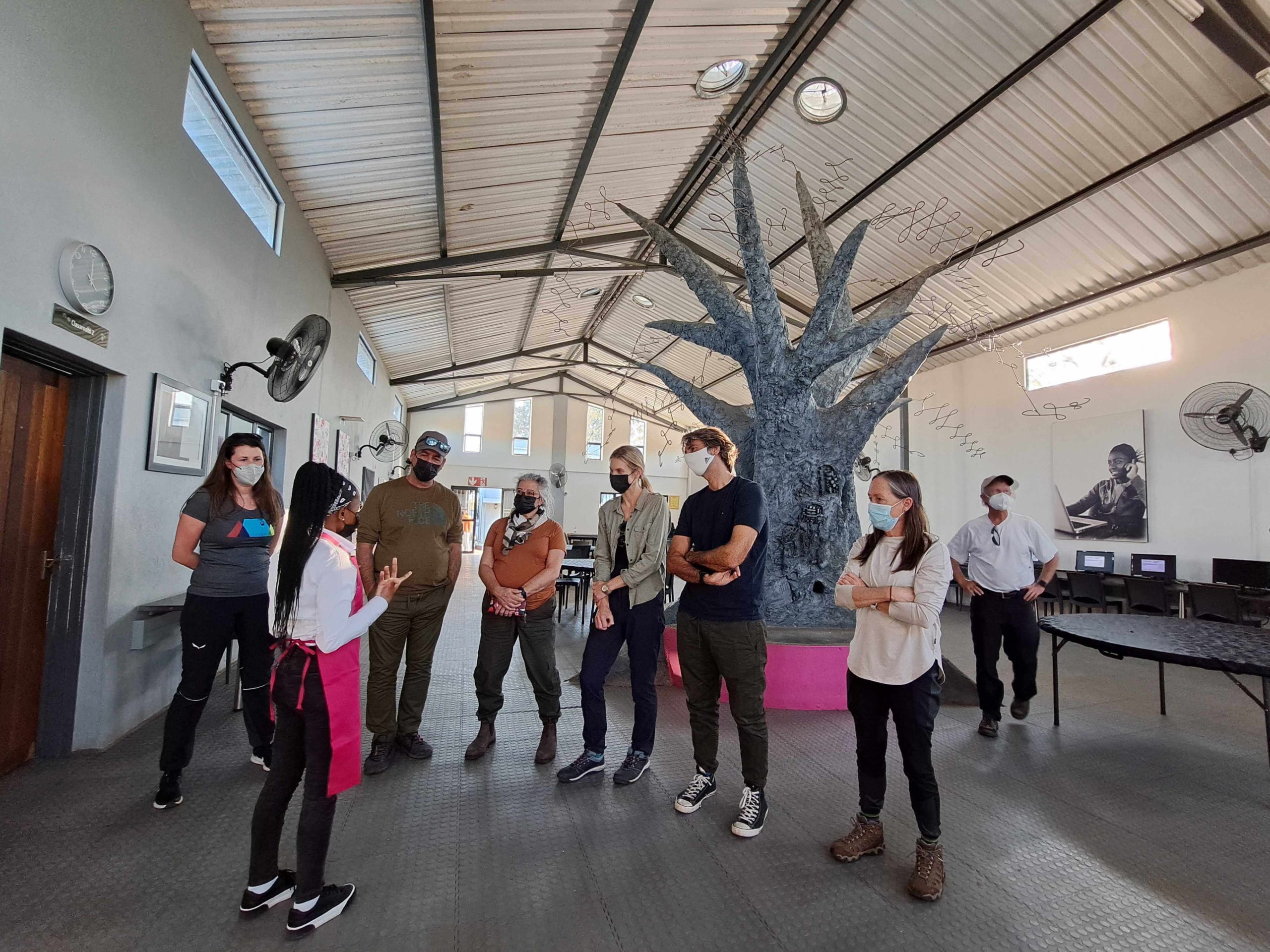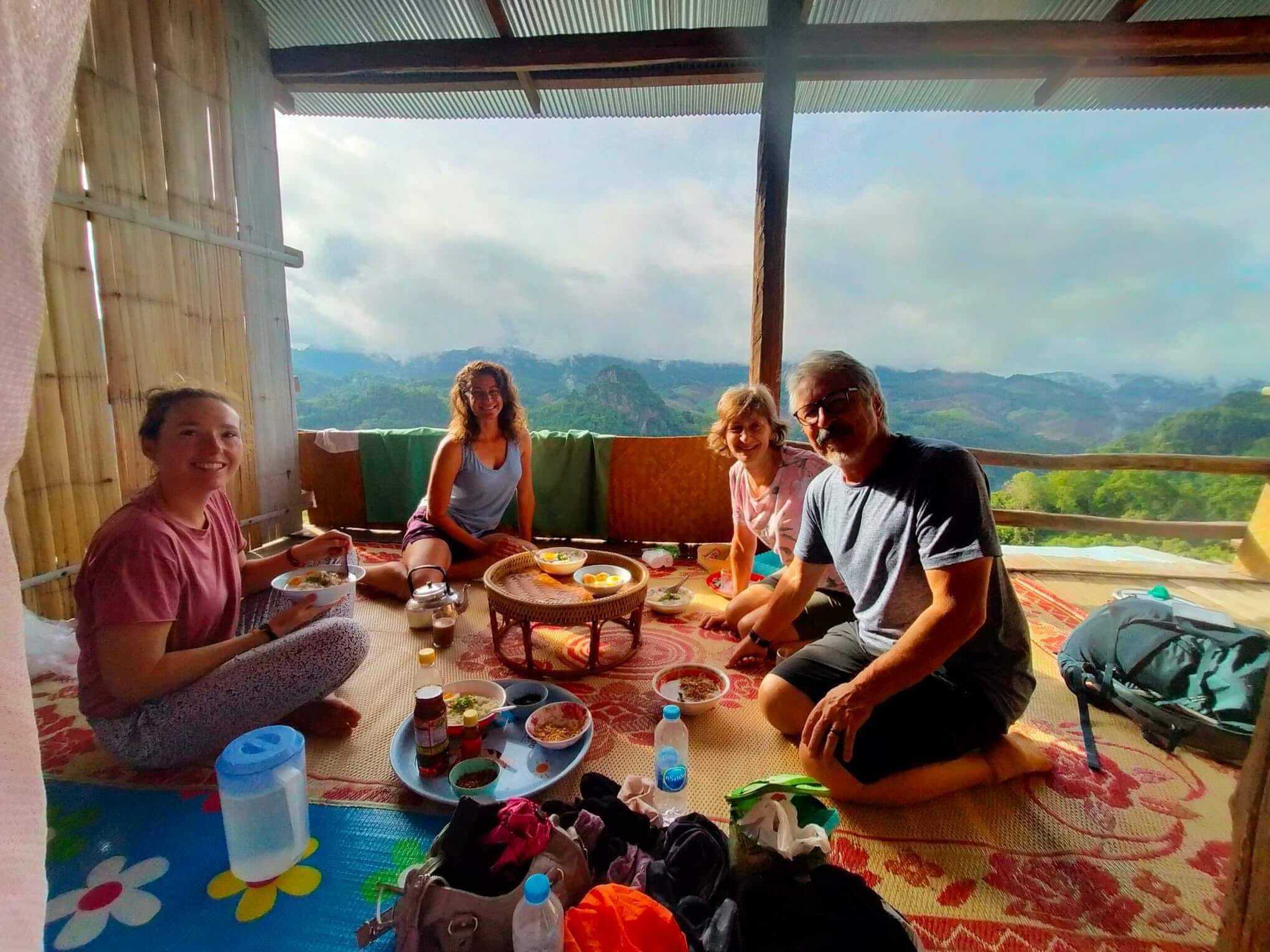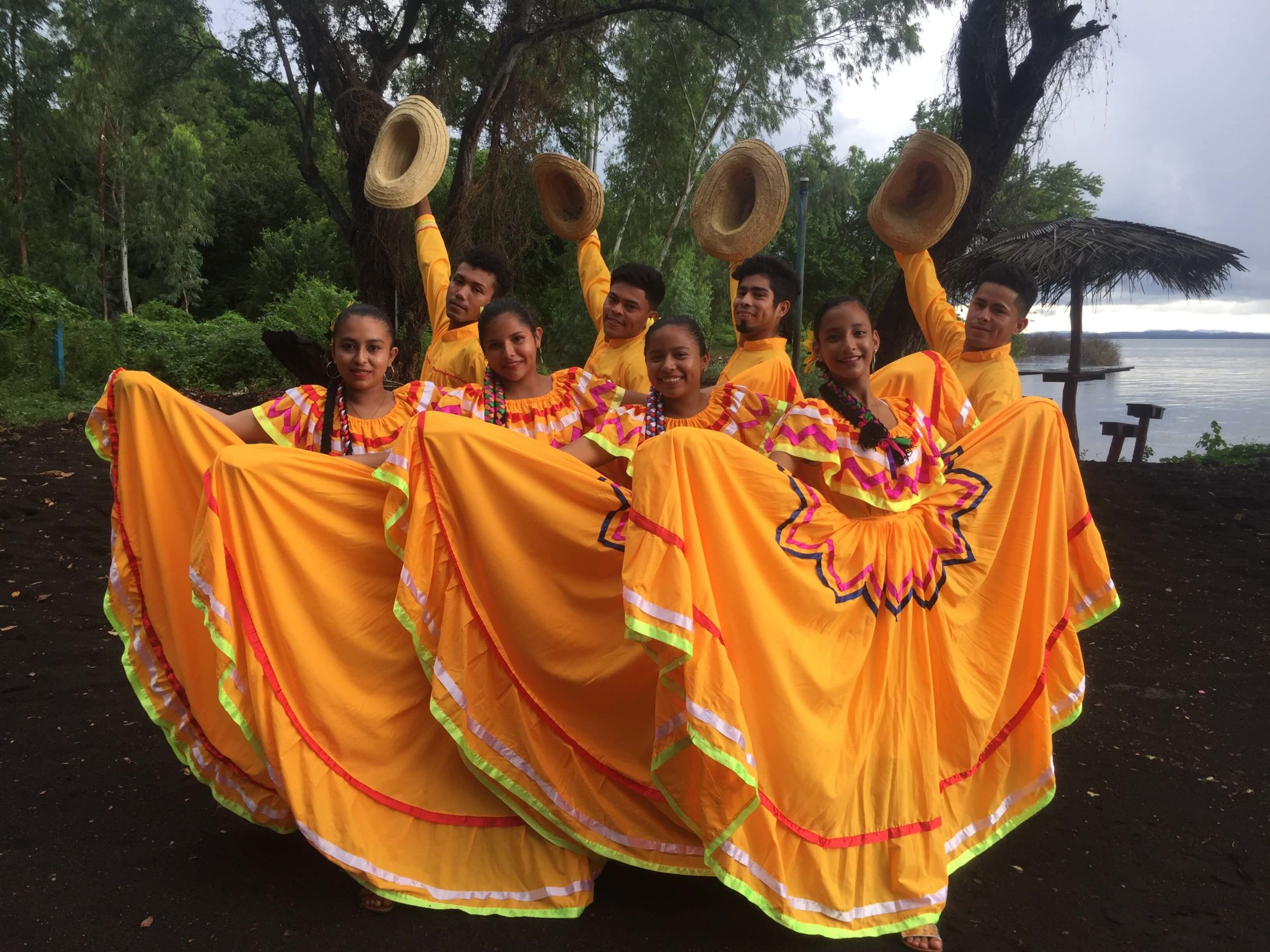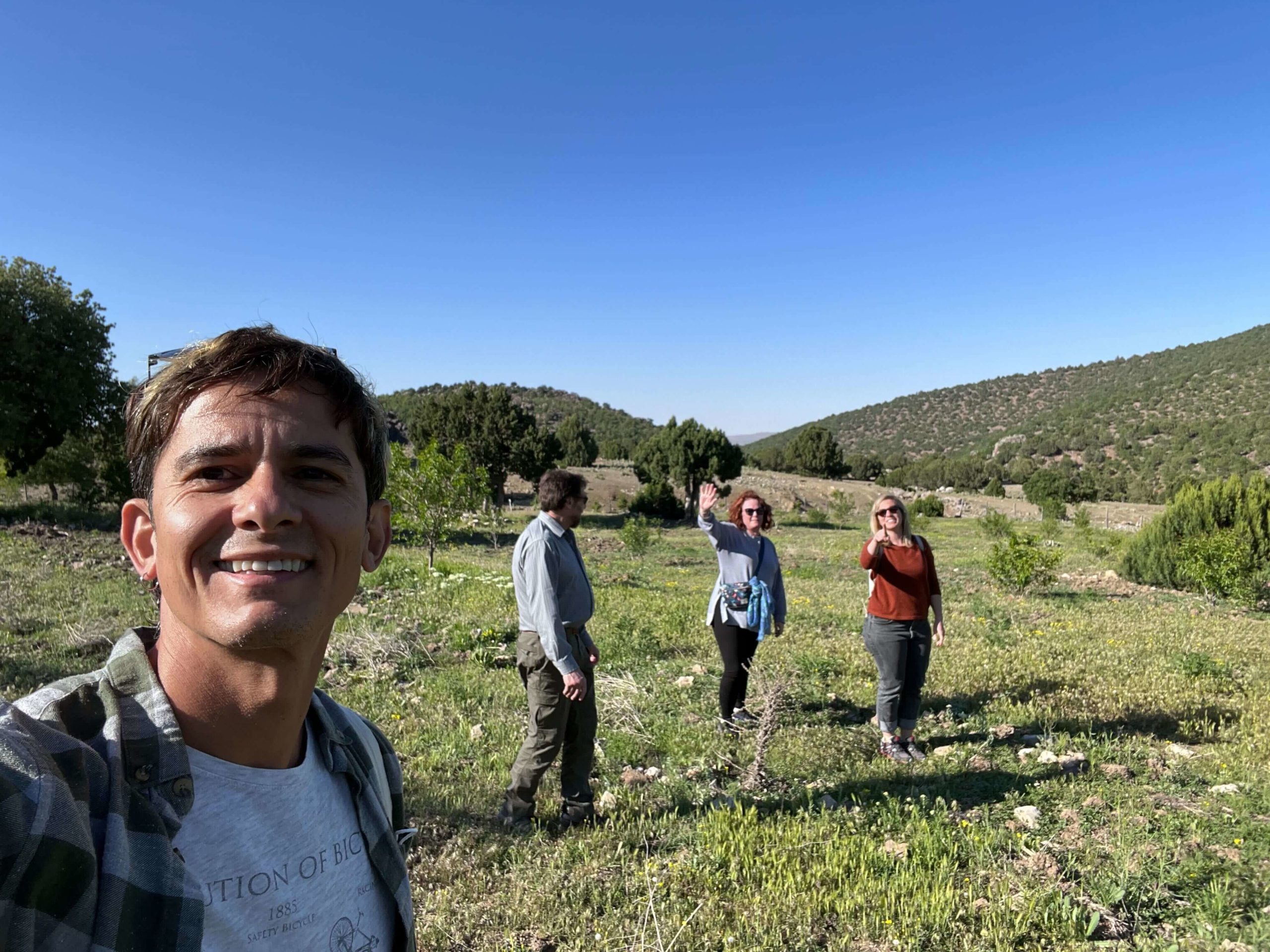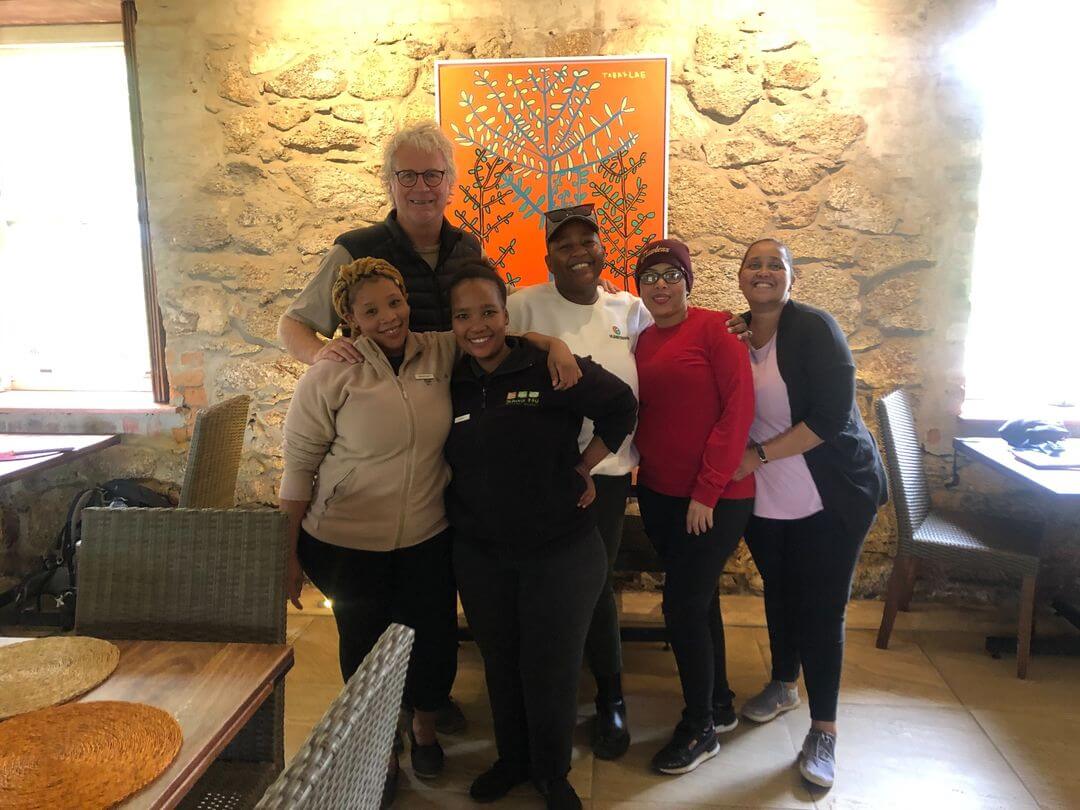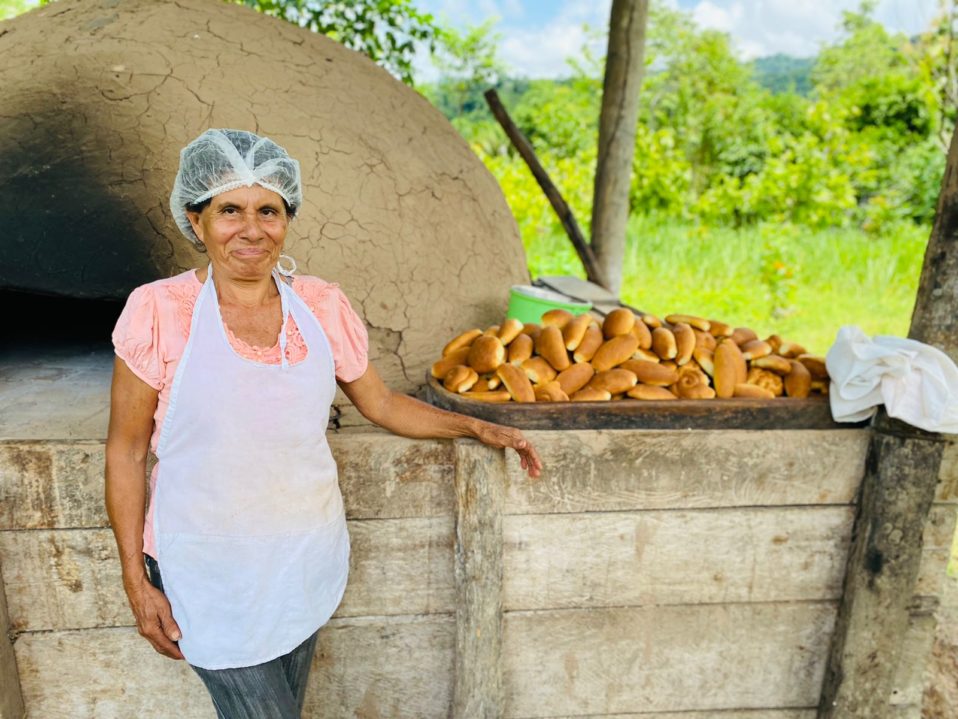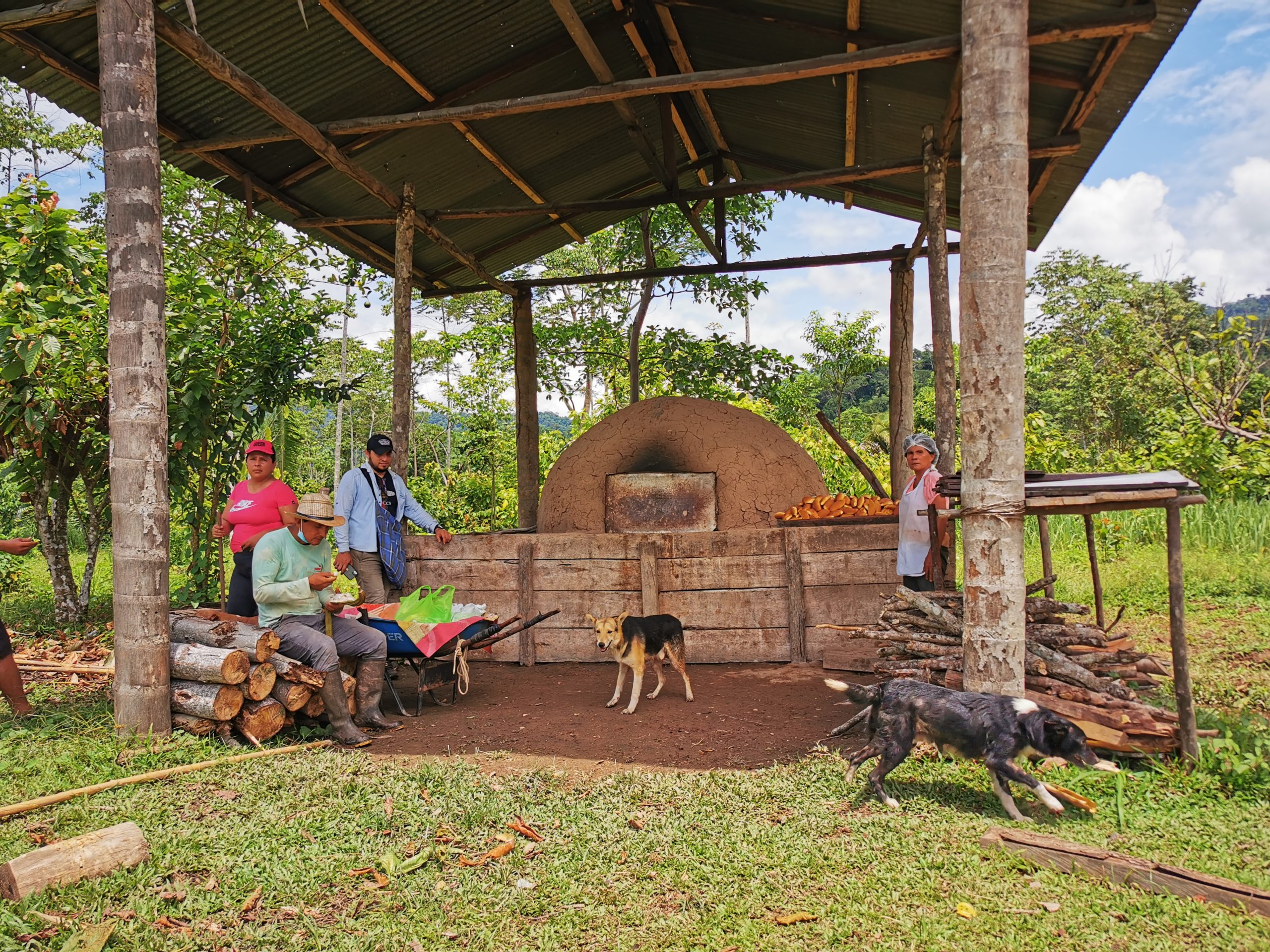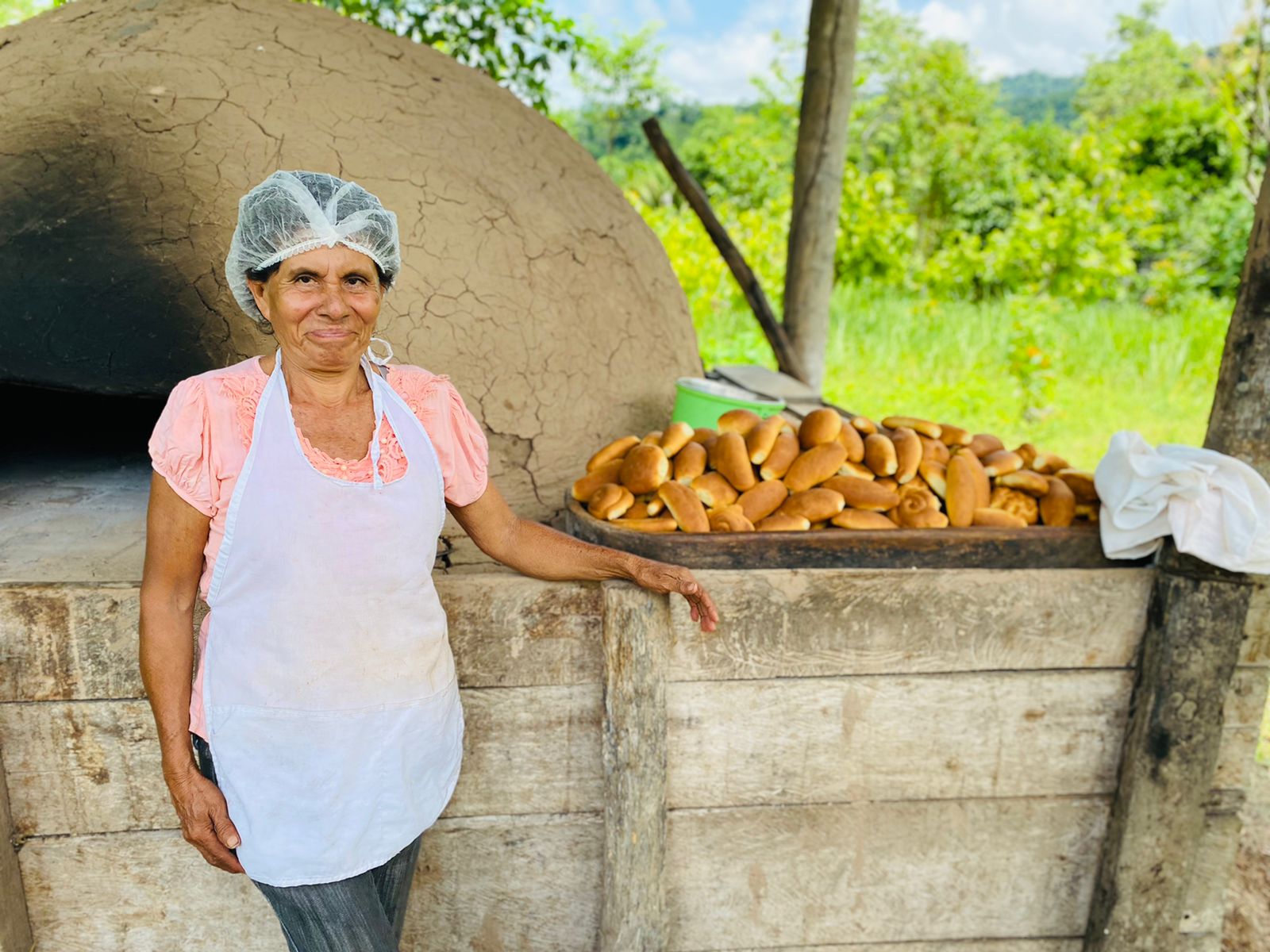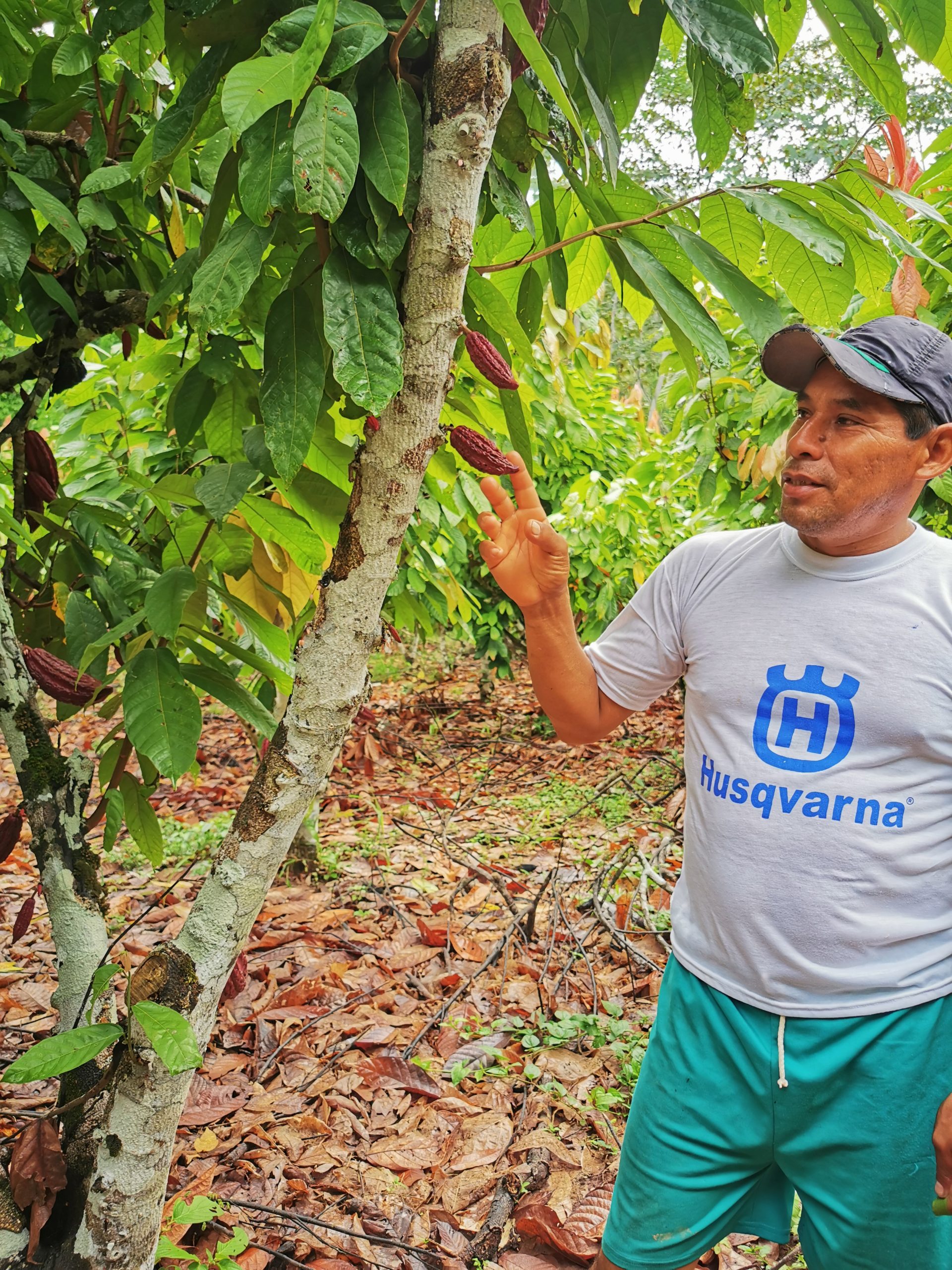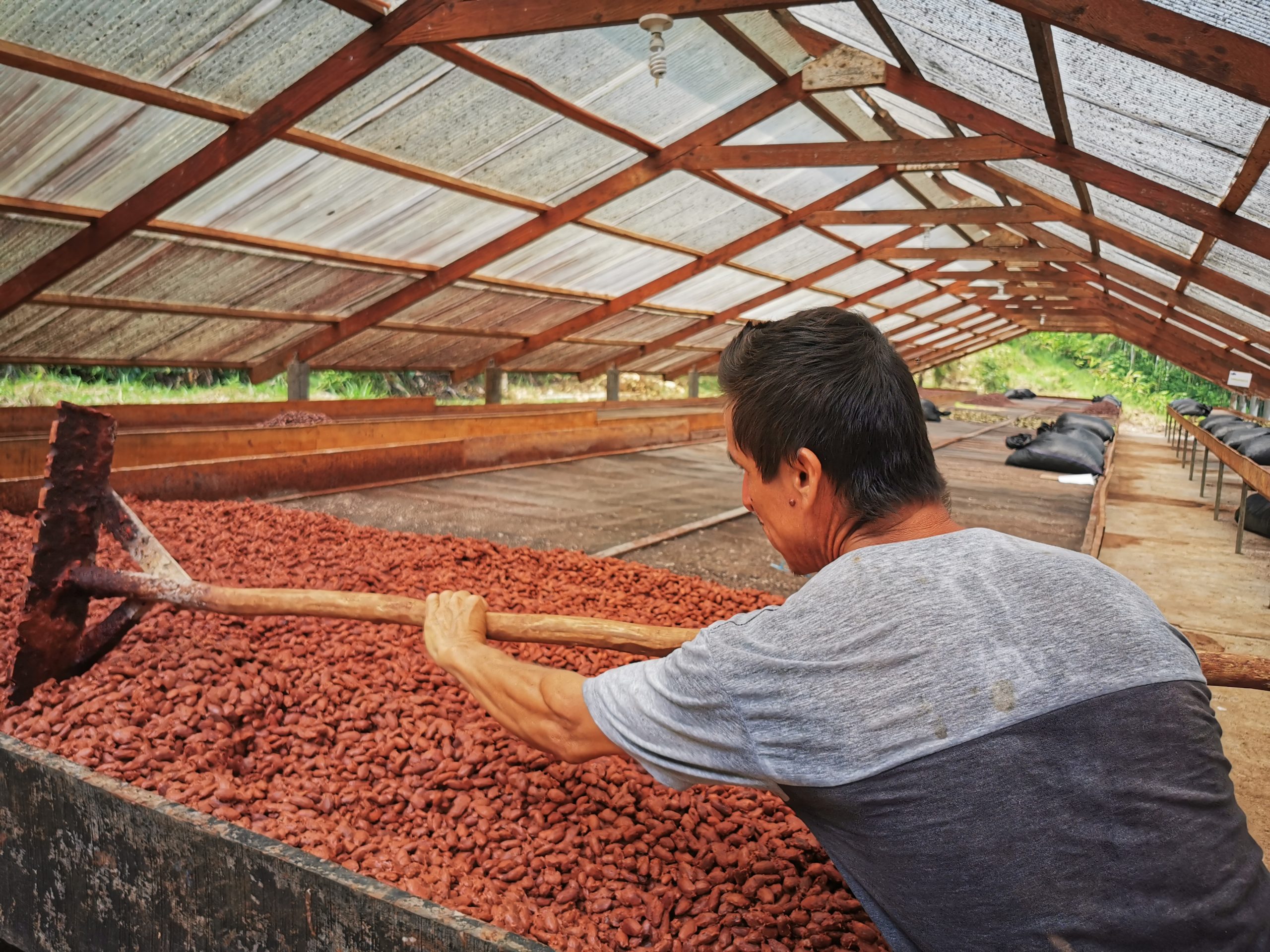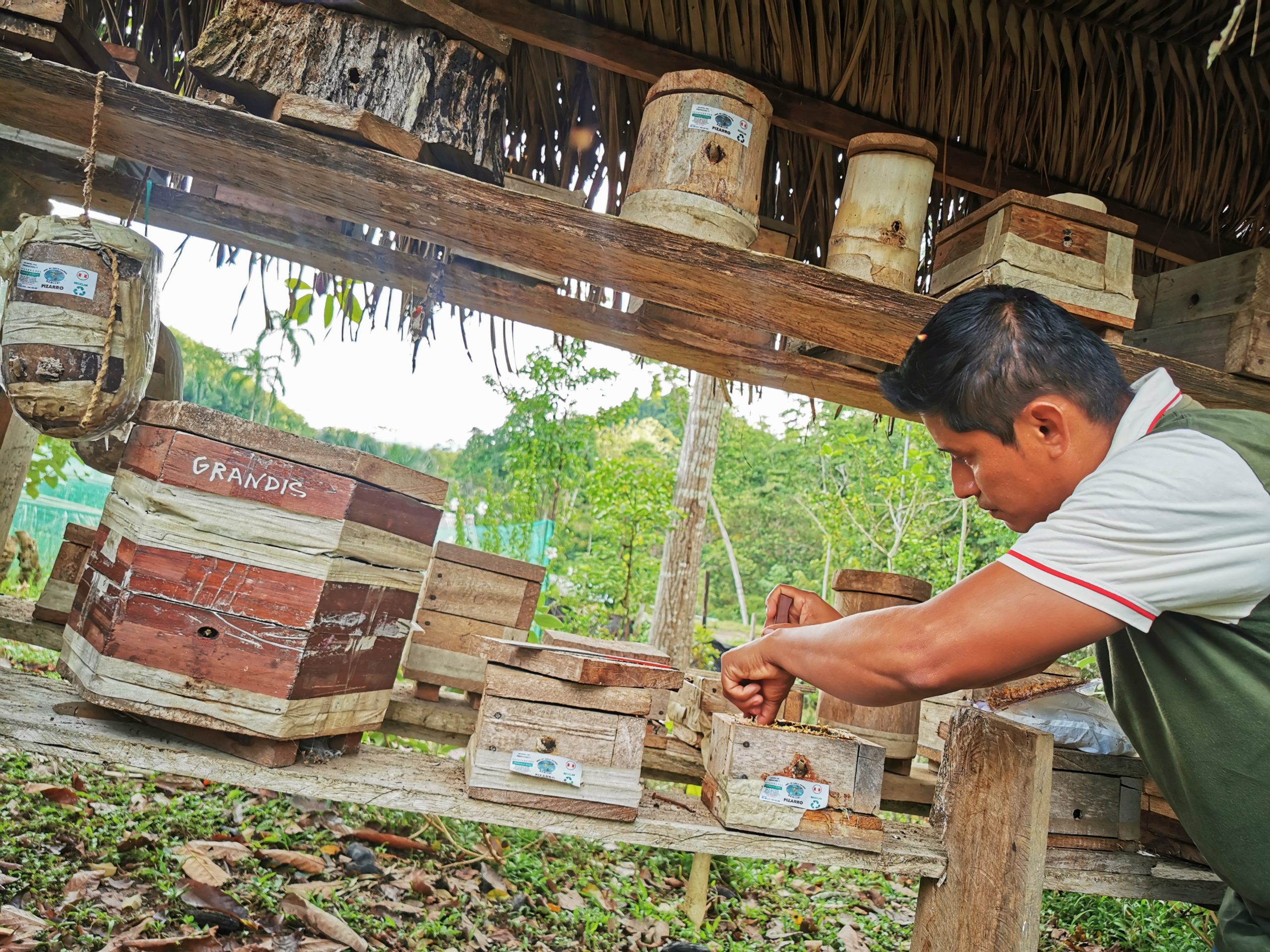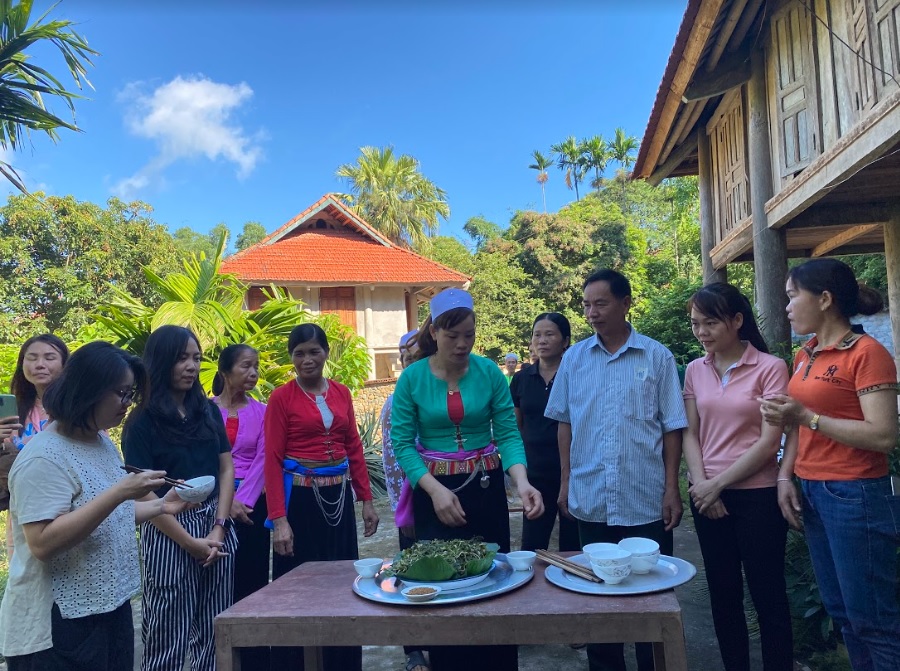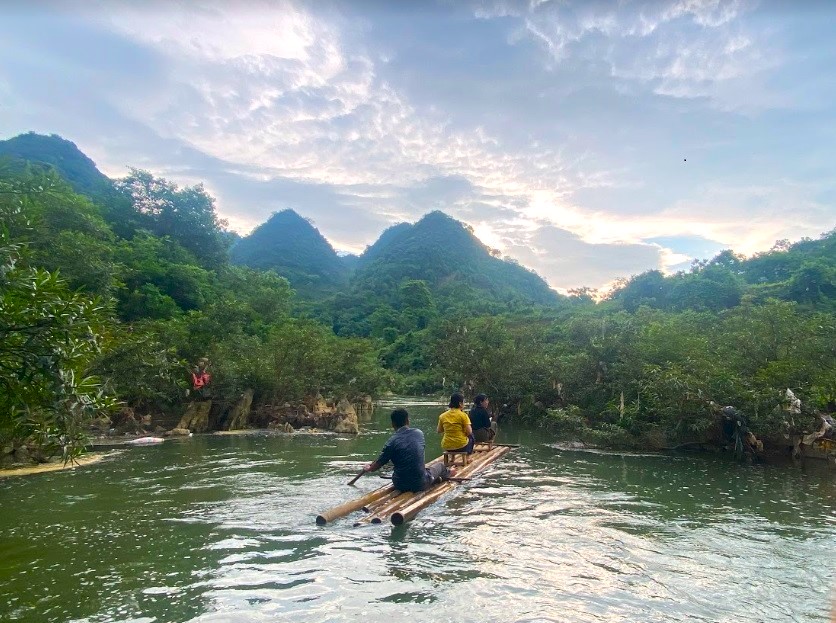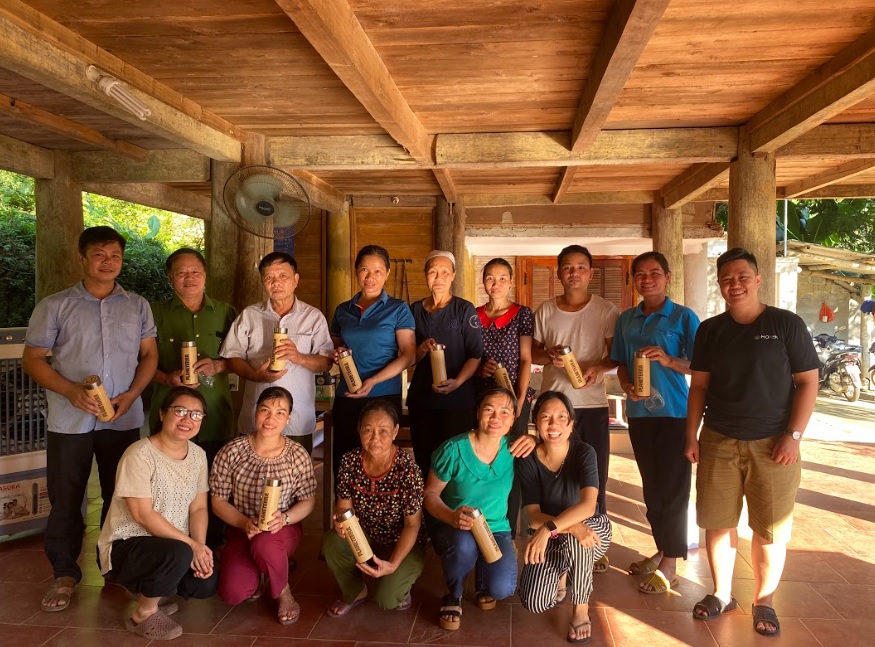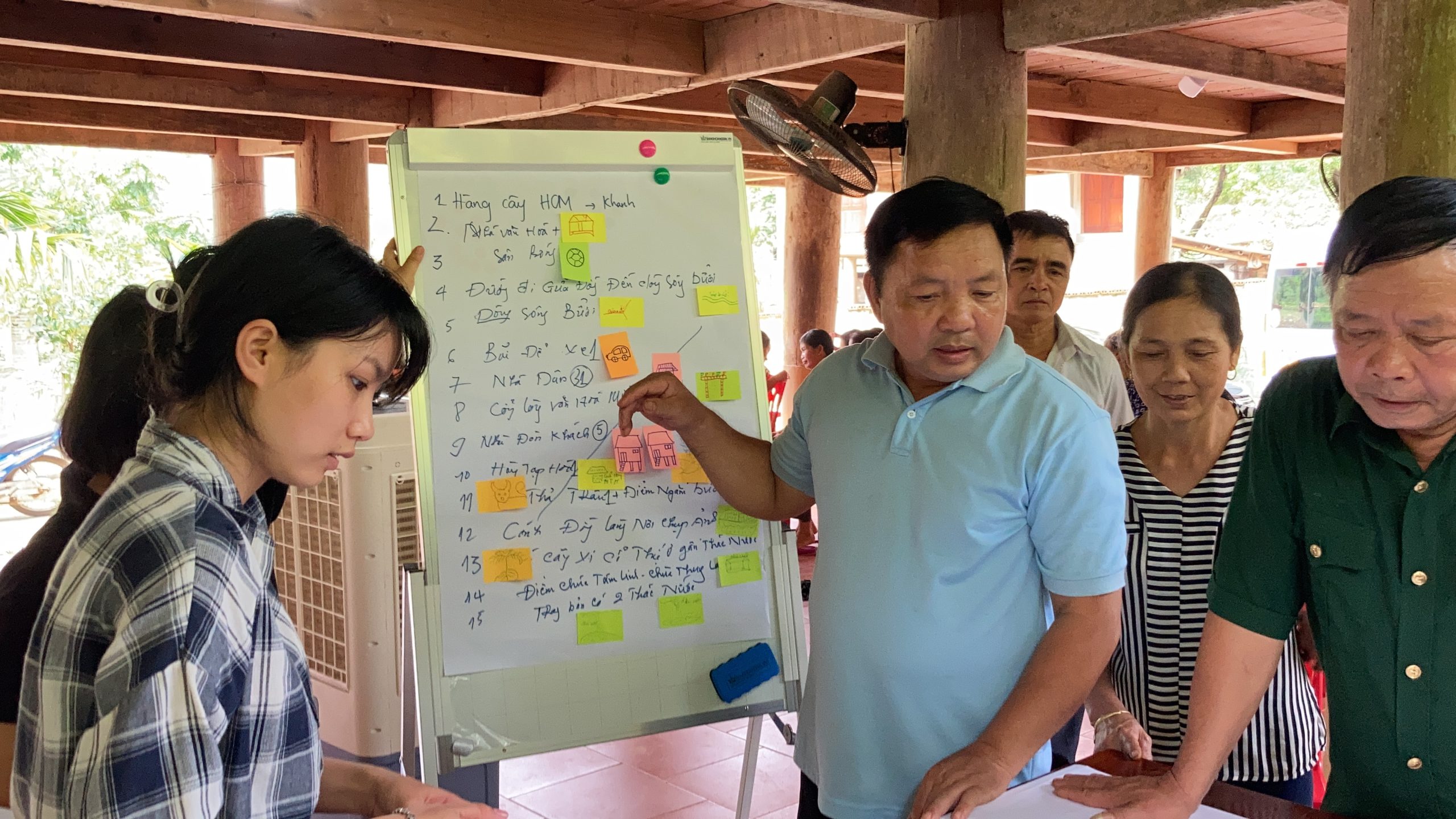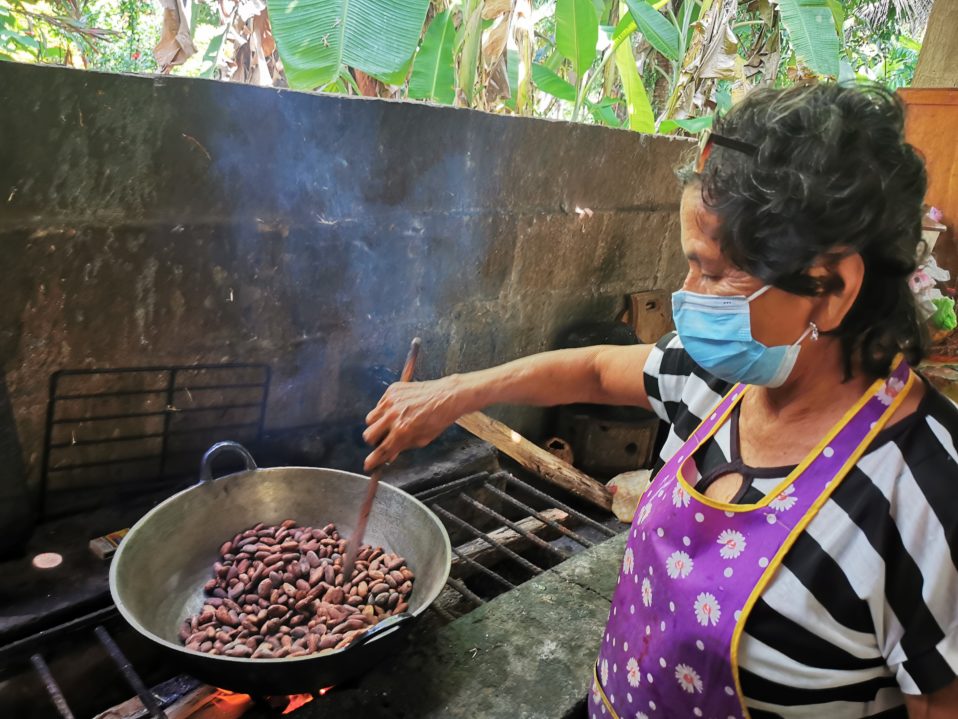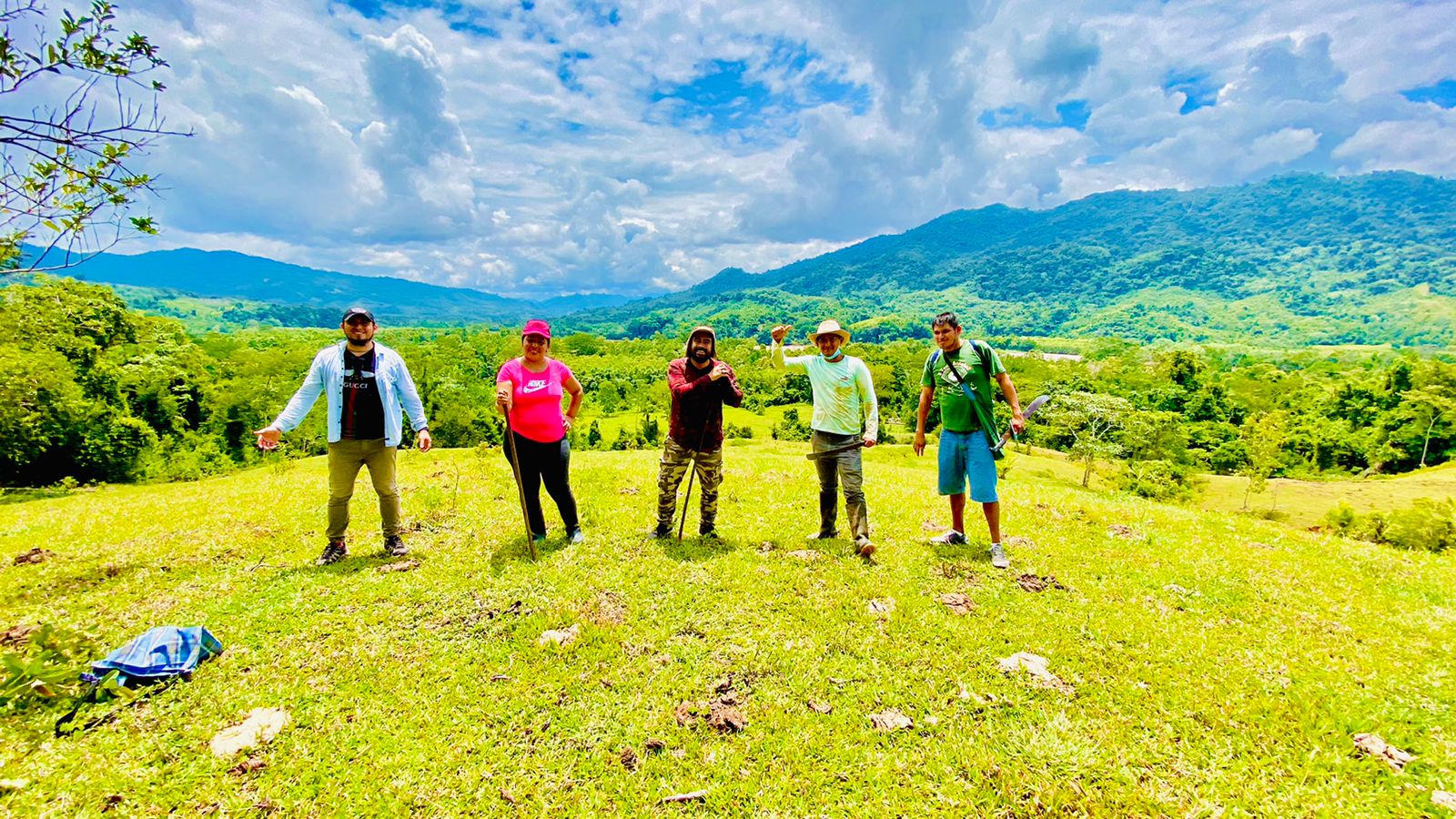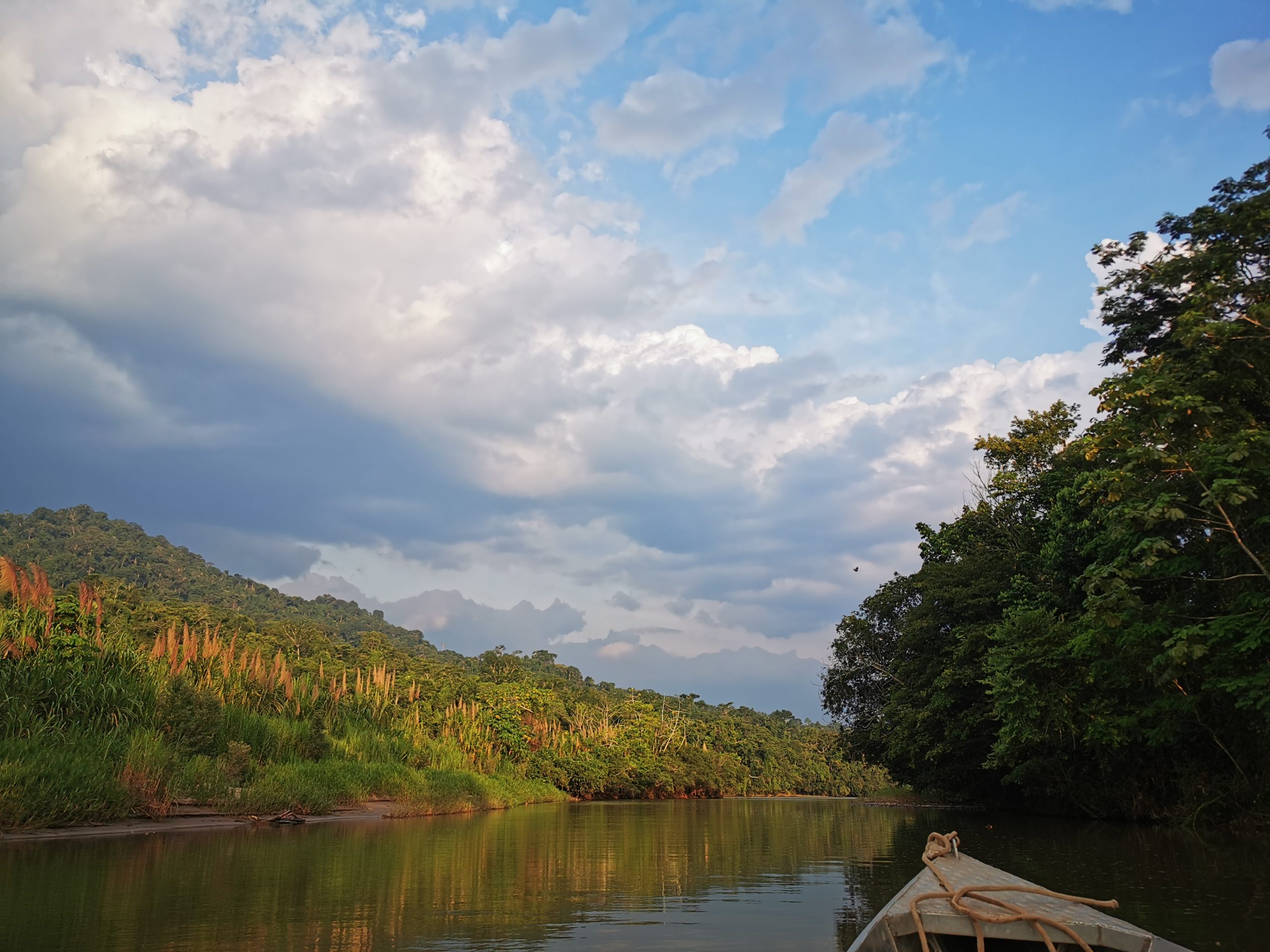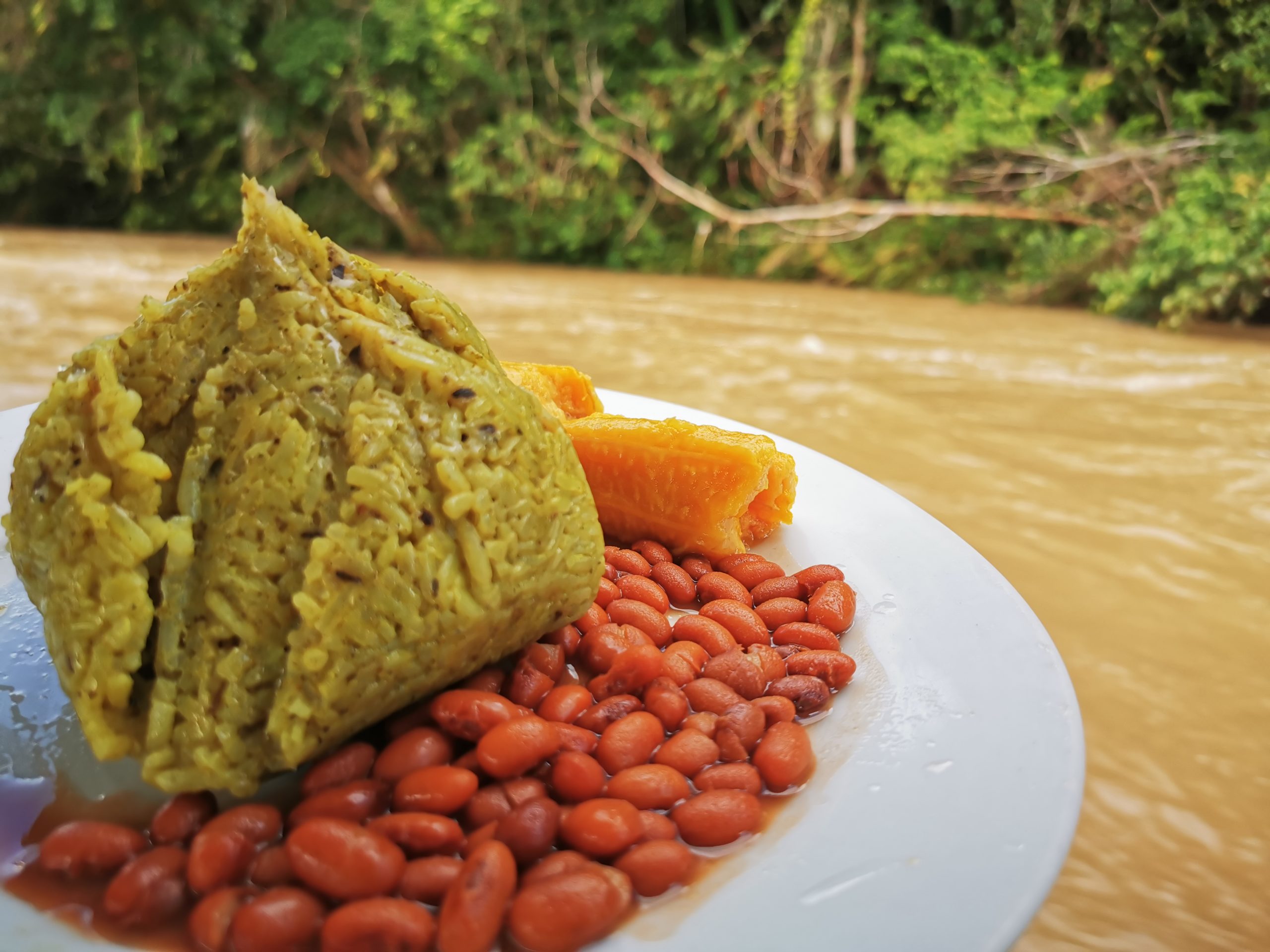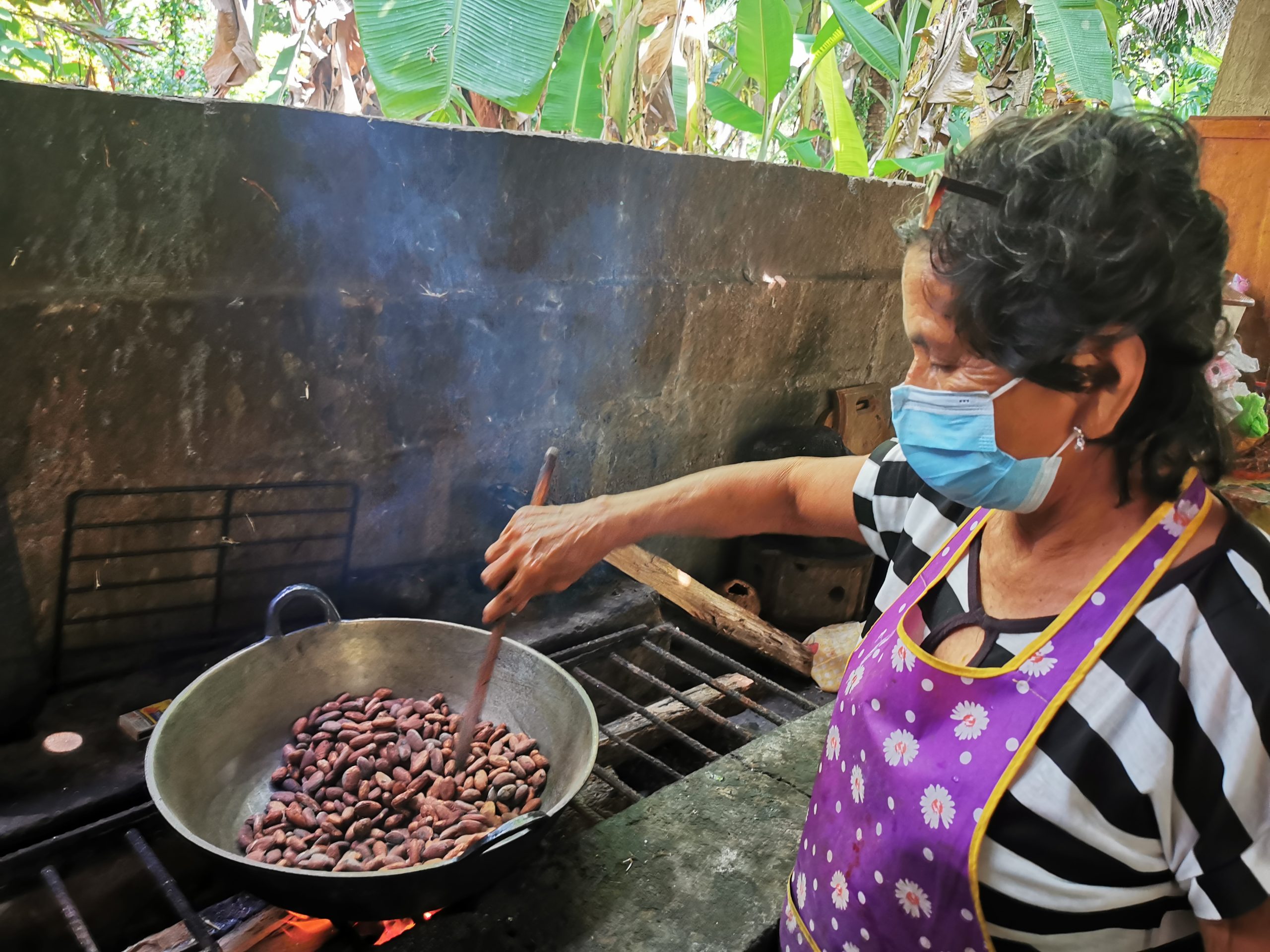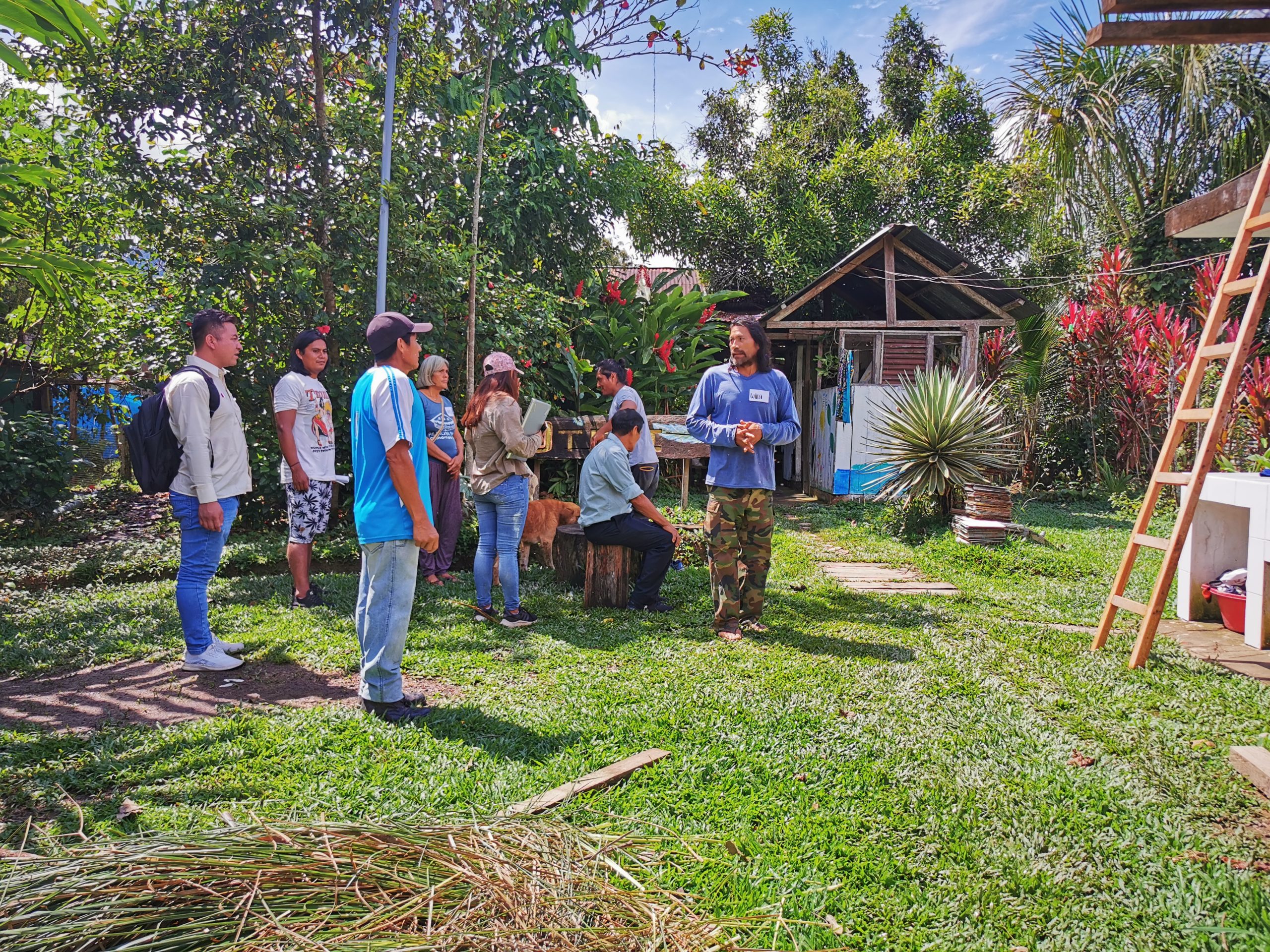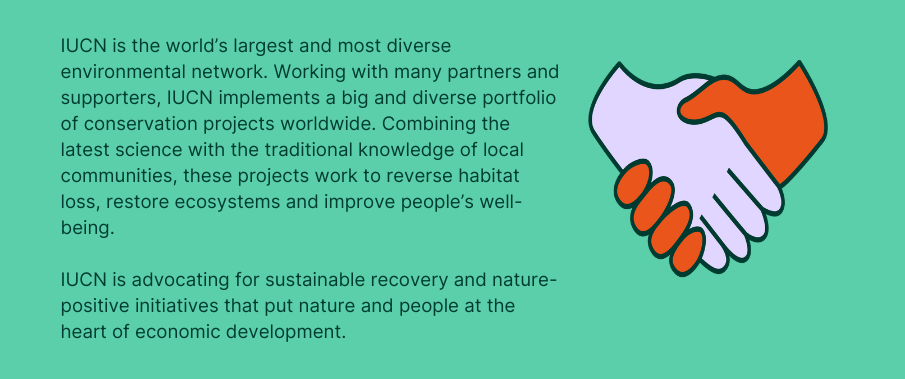Community-led Action Plans have been a crucial part of the "Sustainable Tourism and Protected Areas in a Post-COVID World” project in Peru.
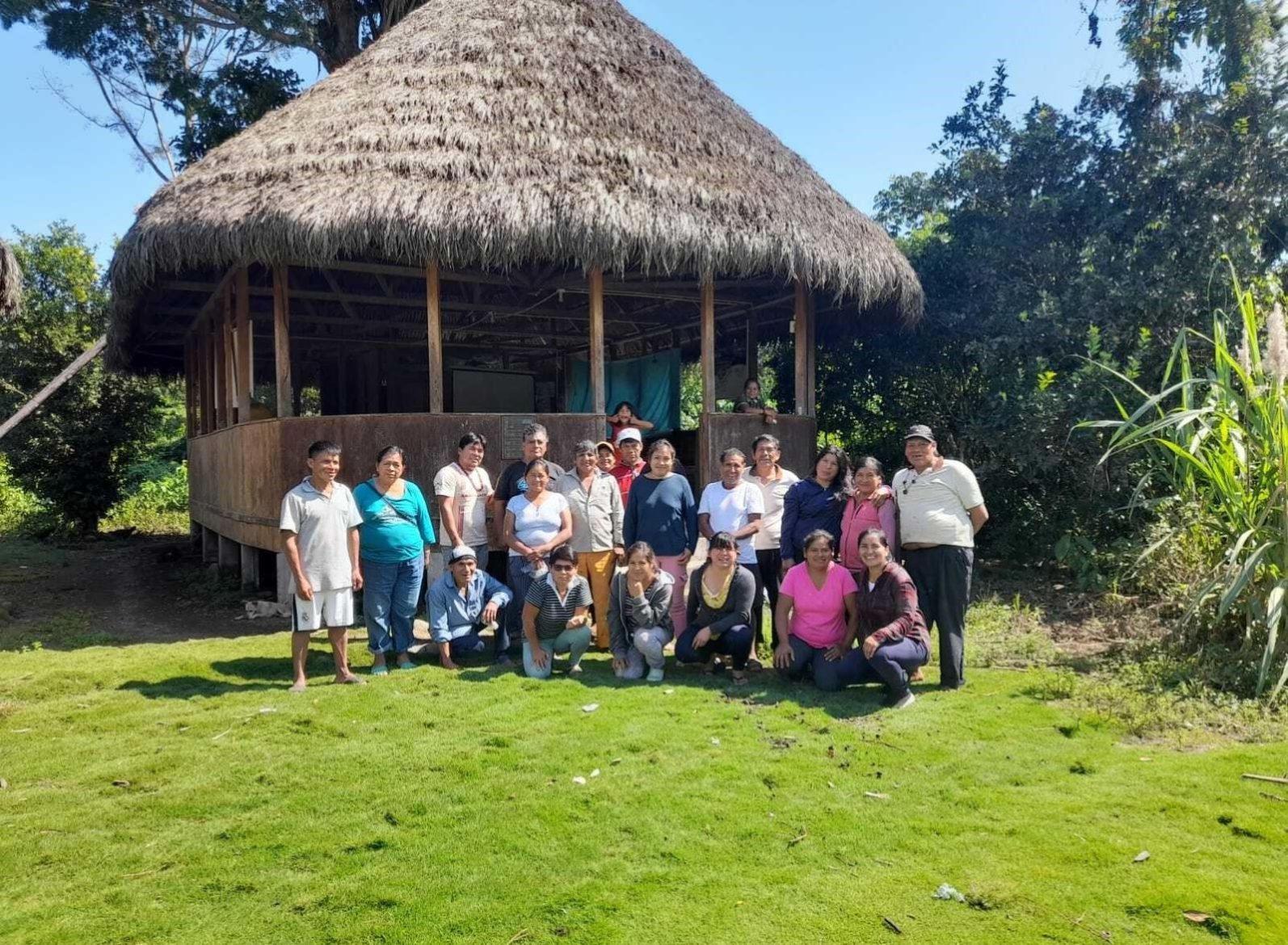
During March and June 2022, our team in the field worked alongside the International Union for Conservation of Nature (IUCN) in developing two Action Plans led by ten communities from the Amarakaeri Communal Reserve and Río Abiseo National Park.
Through this participatory process, the communities determined how they envision tourism in their territories and determined concrete steps to achieve it.
One of the key elements of these plans has been the Cash-for-Work (CFW) interventions, through which the Project will finance the construction of the infrastructure and equipment that each community established in their Action Plans.
In Río Abiseo and Amarakaeri, these include the renovation of bridges and accessible tourist trails, the implementation of a restaurant, a reception house for guests, and a tourist viewpoint, among others.
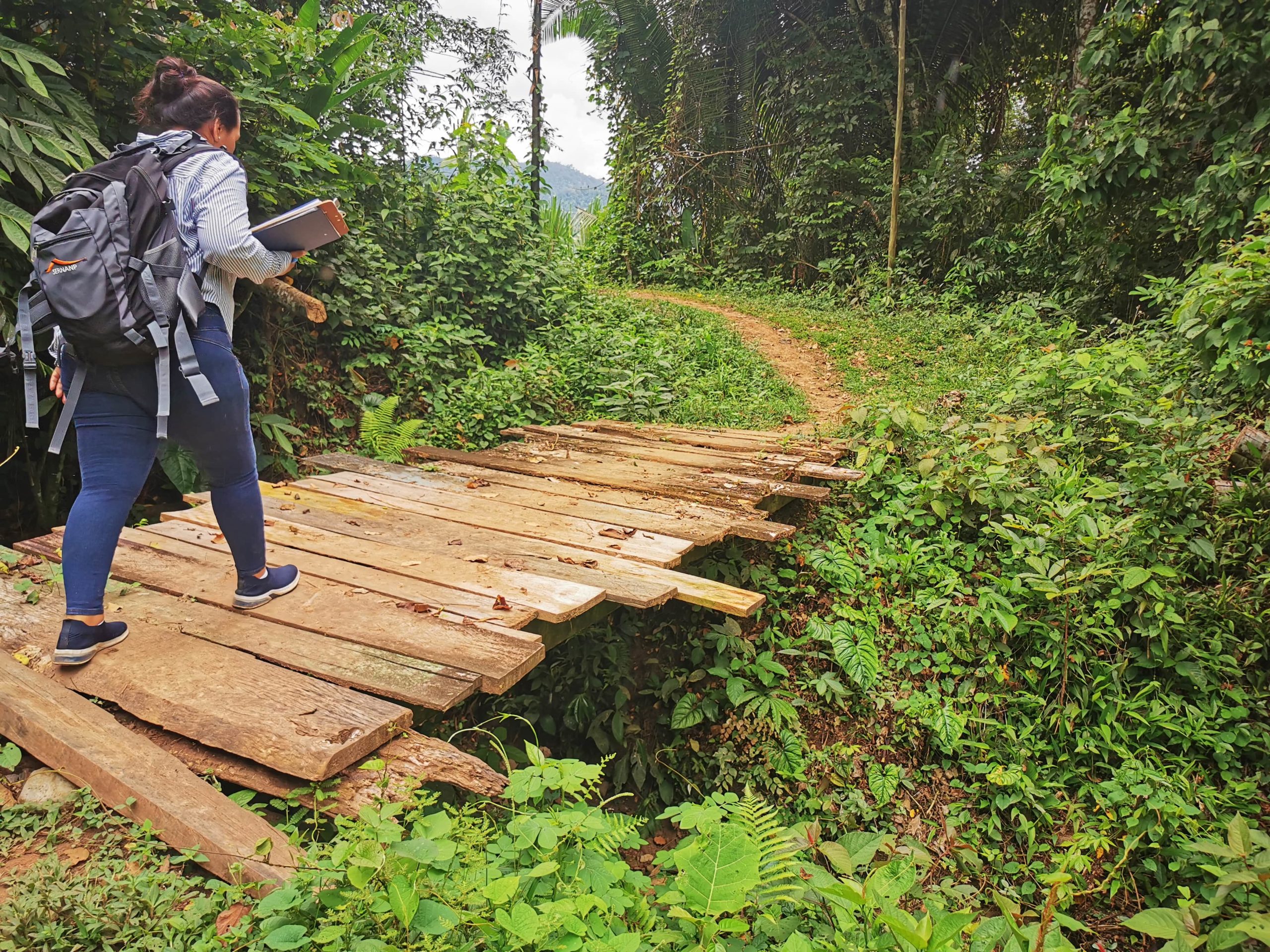
With the CFW programs, Planeterra and IUCN aim to impact 107 families in the Río Abiseo National Park and 75 families in the Amarakaeri Communal Reserve.
The benefits not only include purchasing construction materials, but also providing jobs to the community members participating in the Project.
The success and continuation of this process lie in the collaboration of several stakeholders. These include local offices from the protected areas of Río Abiseo and Amarakaeri of the SERNANP (the Peruvian National Service for Natural Areas Protected by the State) and the Amarakaeri Administration Contract Executor (also known by its acronym in Spanish, ECA) and of course, the representatives from the local communities.
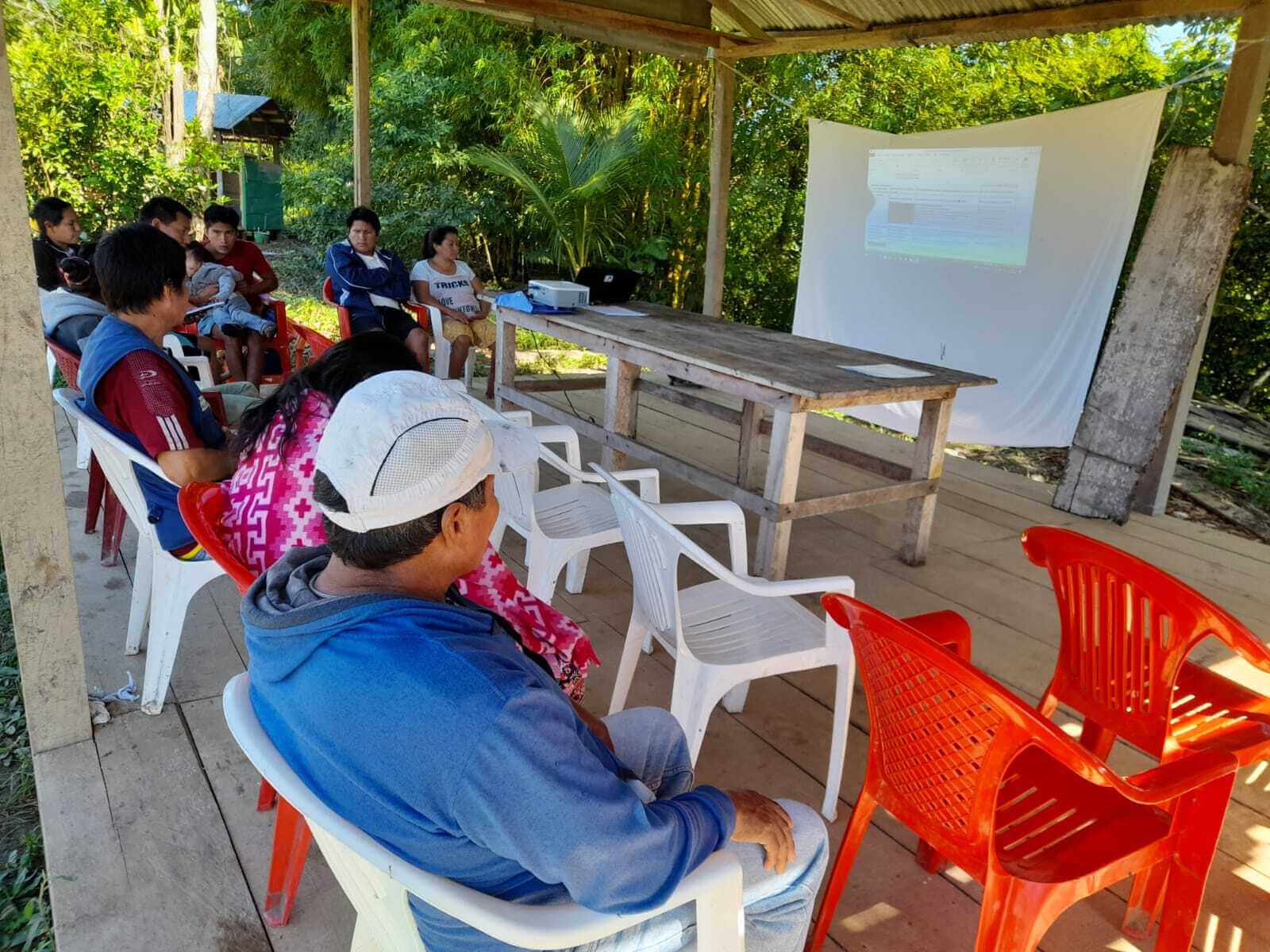
Additionally, between June 10 and 21, 2022, 145 participants from five communities of Río Abiseo National Park were trained on how to create Ecotourism Itineraries and Products.
The training sessions were developed in collaboration with the IUCN and aimed to evaluate and create specific knowledge in the following areas:
- Ecotourism and its different types of experiences: Each session explained the opportunities of ecotourism-related activities and their connection with conservation.
- Developing tourism products: Tailor-made itineraries according to the local context and market opportunities.
- Measuring the potential of an attraction: Through in-field technical visits to the main attractions of the communities.
- Itinerary planning and costs: Practical workshops to build itineraries based on the experiences and expectations of community members.
- Communication management between stakeholders: To create the final itineraries, it was important to keep in close communication with stakeholders such as the SERNANP.
Training sessions were tailored to meet the needs and potential of each community.
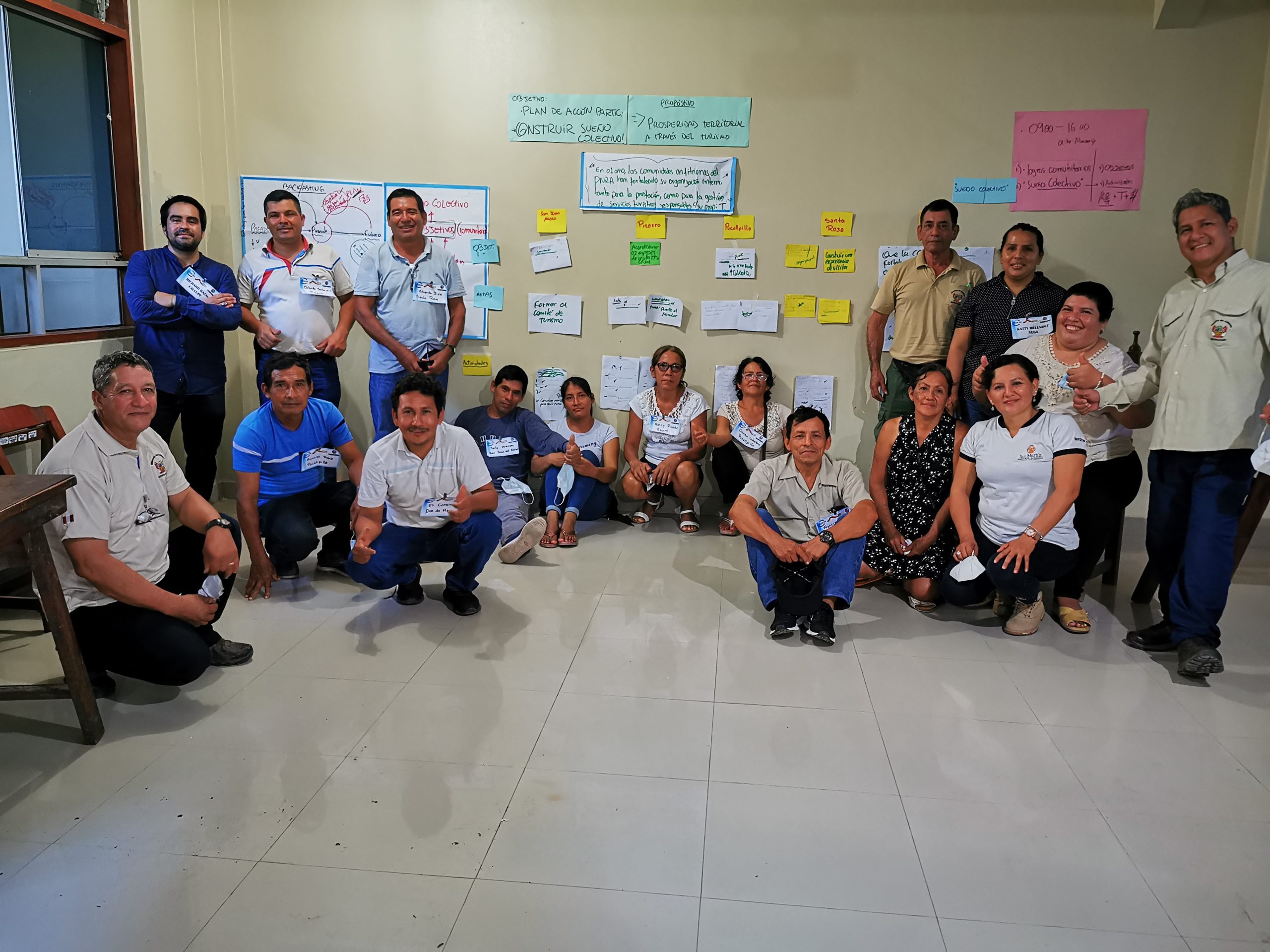
As a result, five communities in Rio Abiseo have itineraries that include traditional activities, costs, and the number of people responsible for each experience, making them an attractive option for local and regional tour operations to promote the destination.


